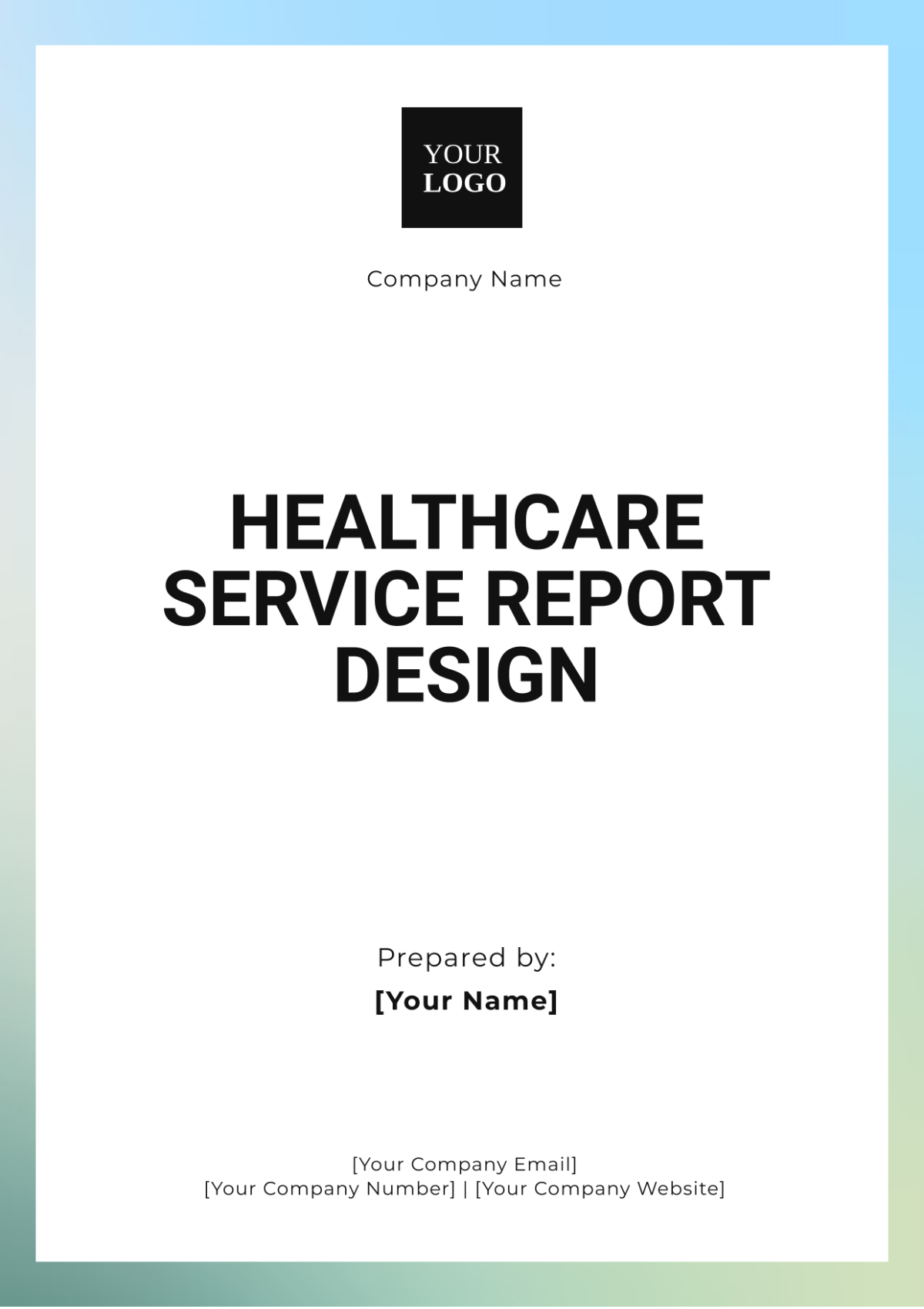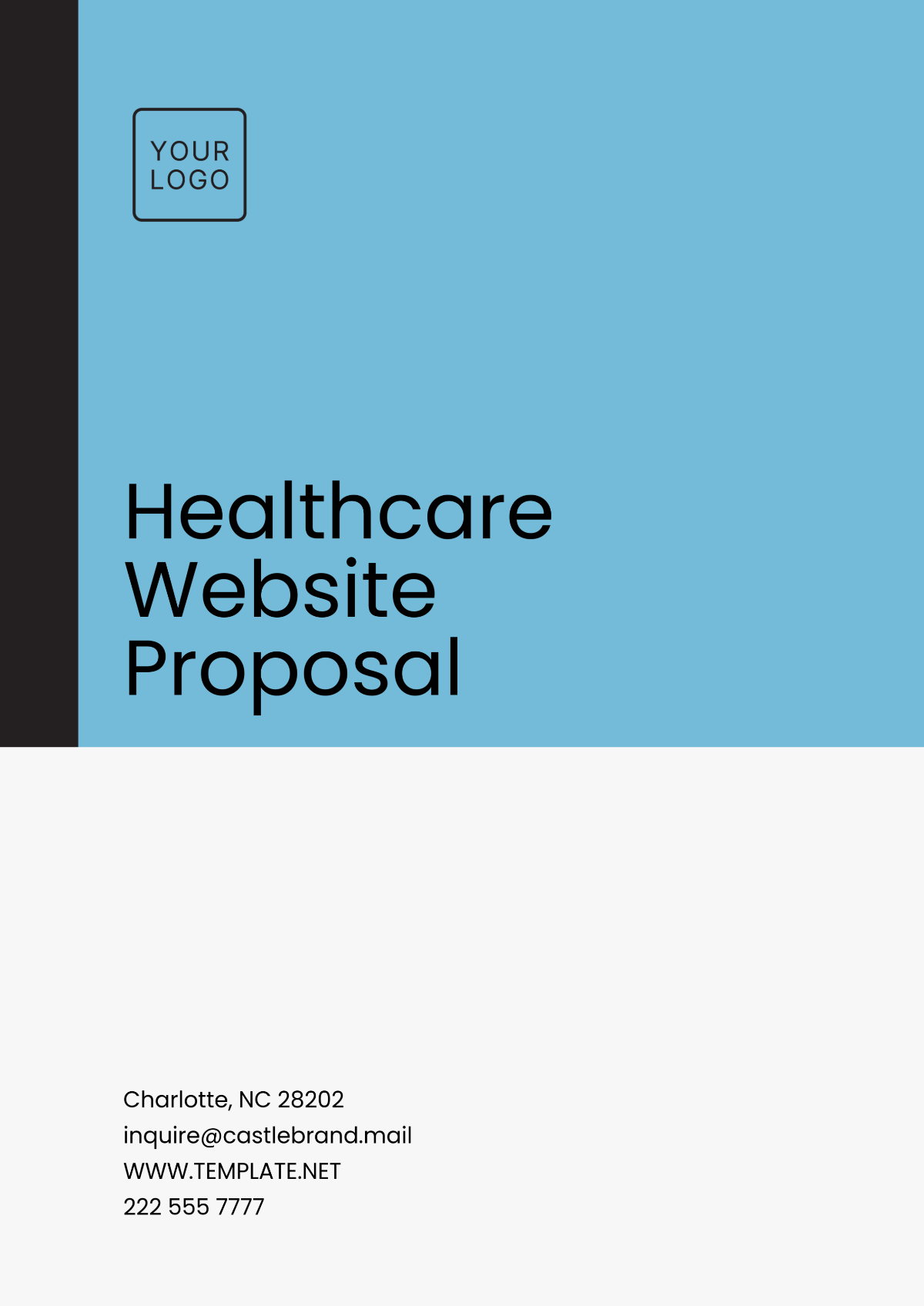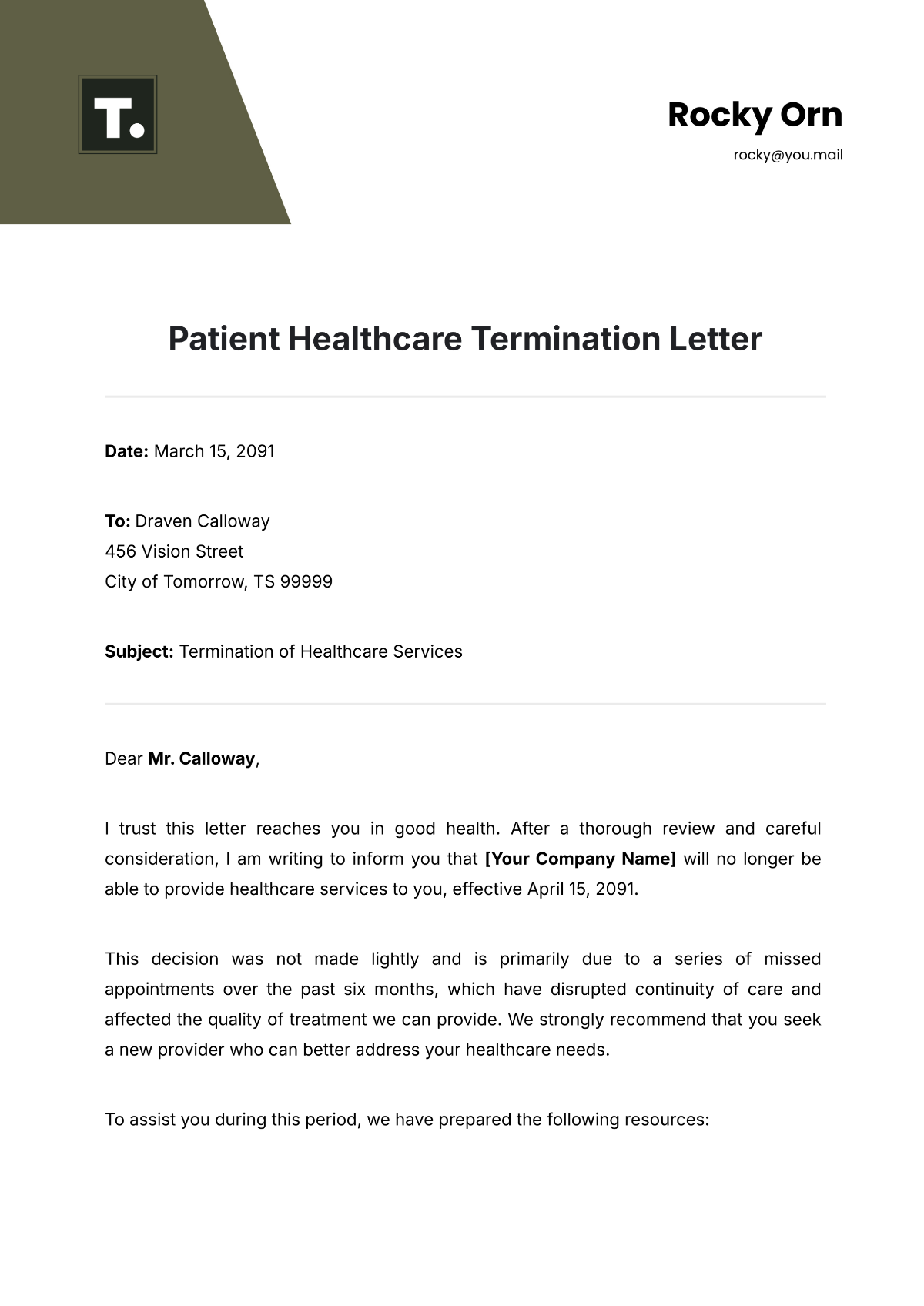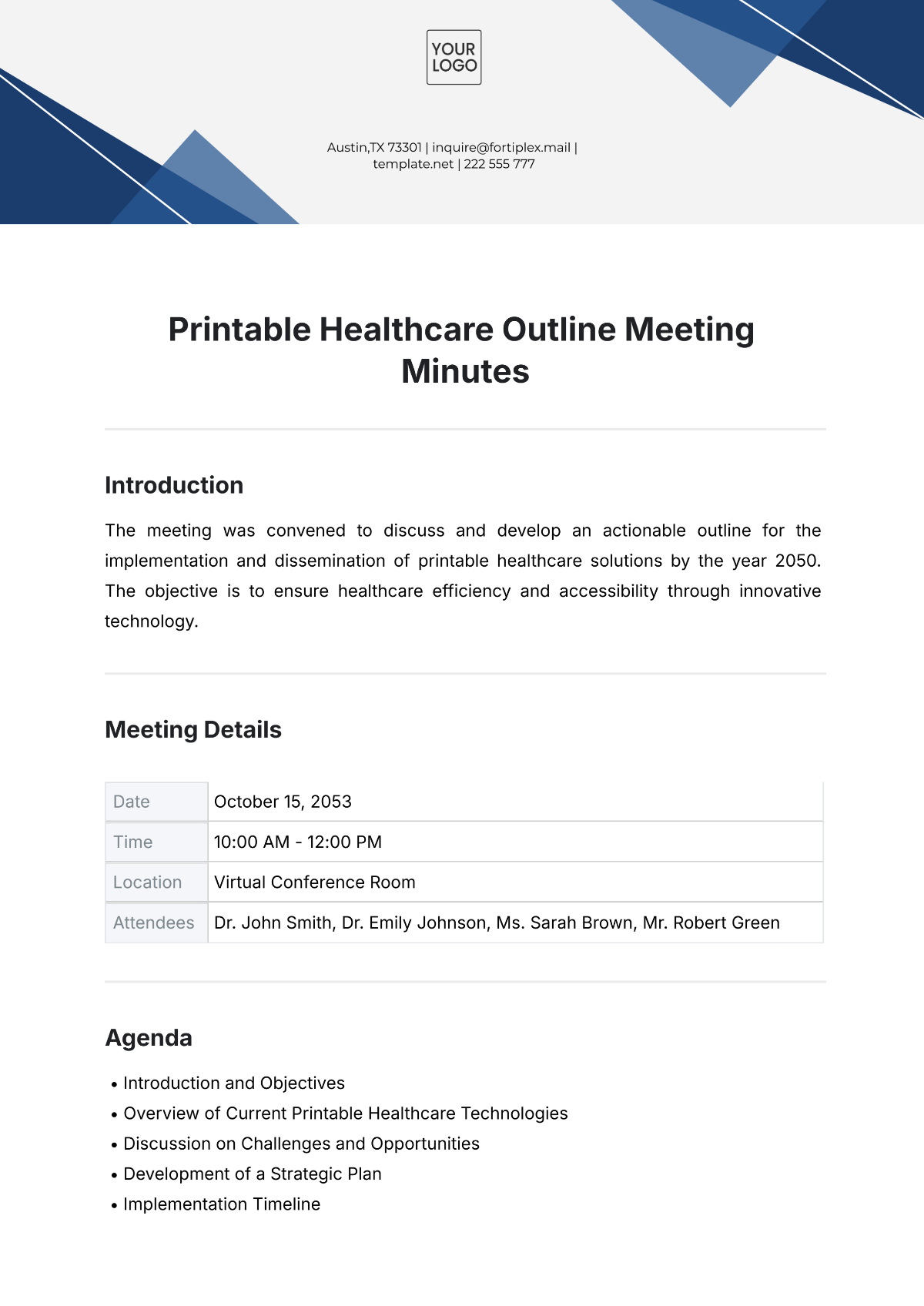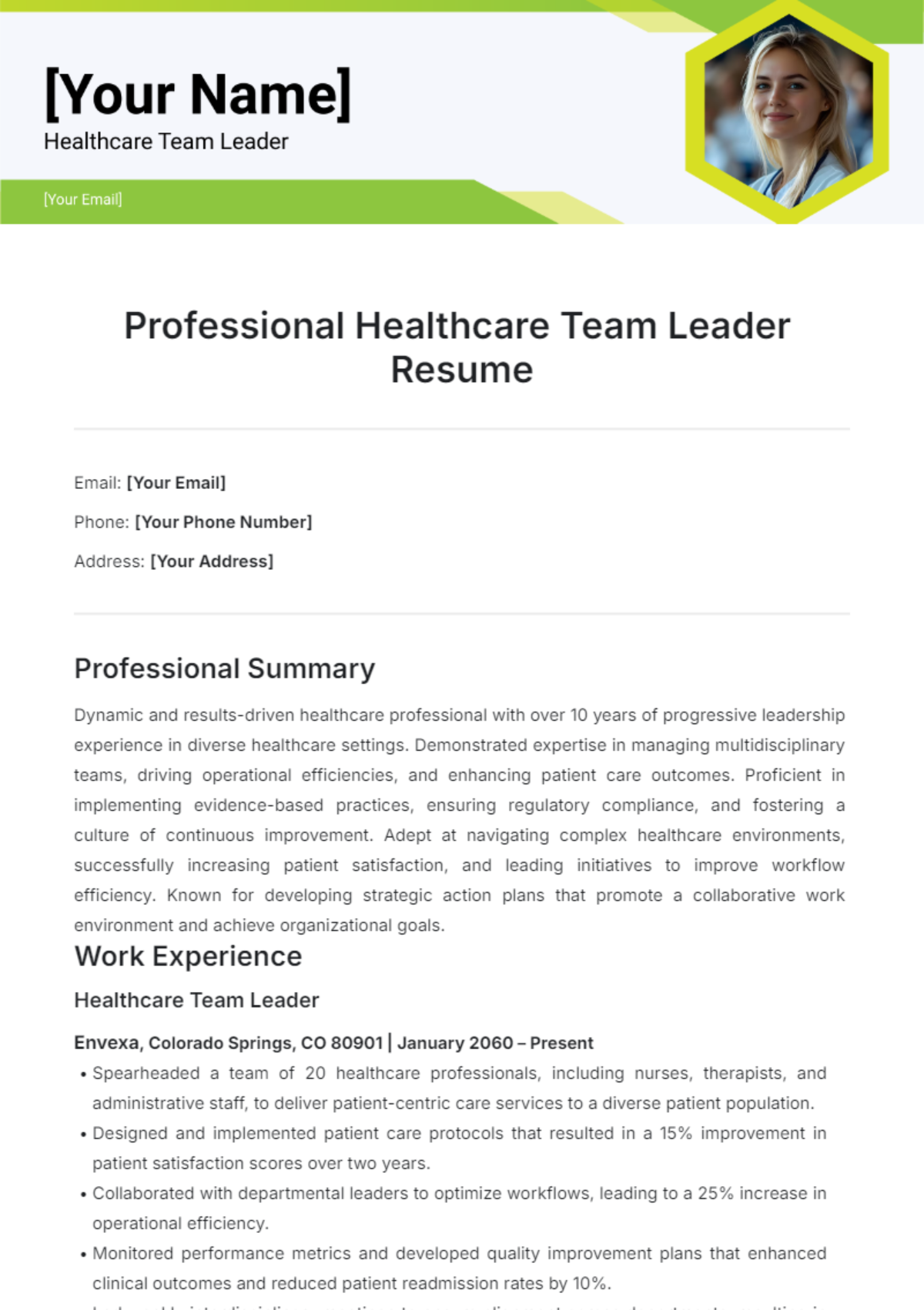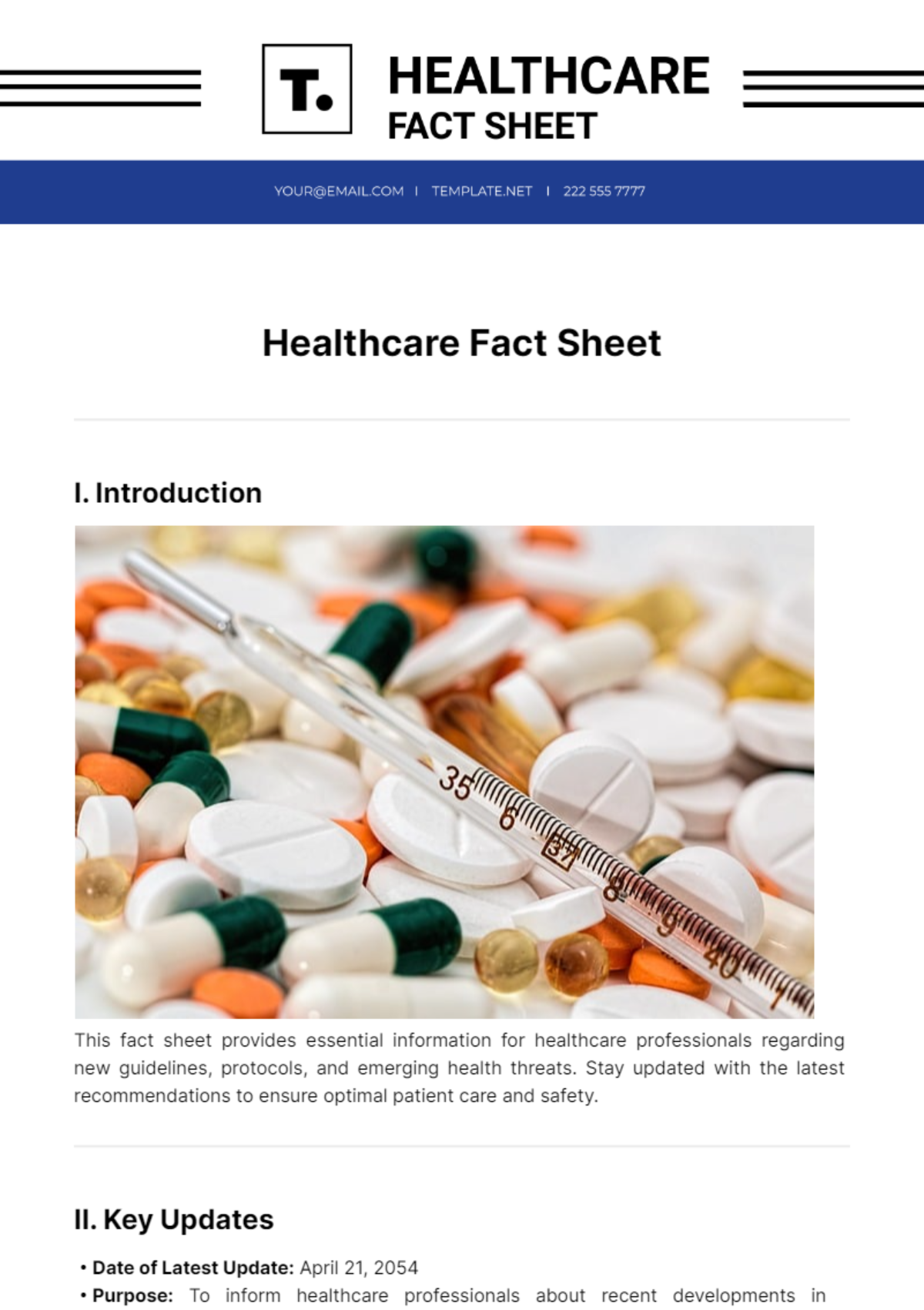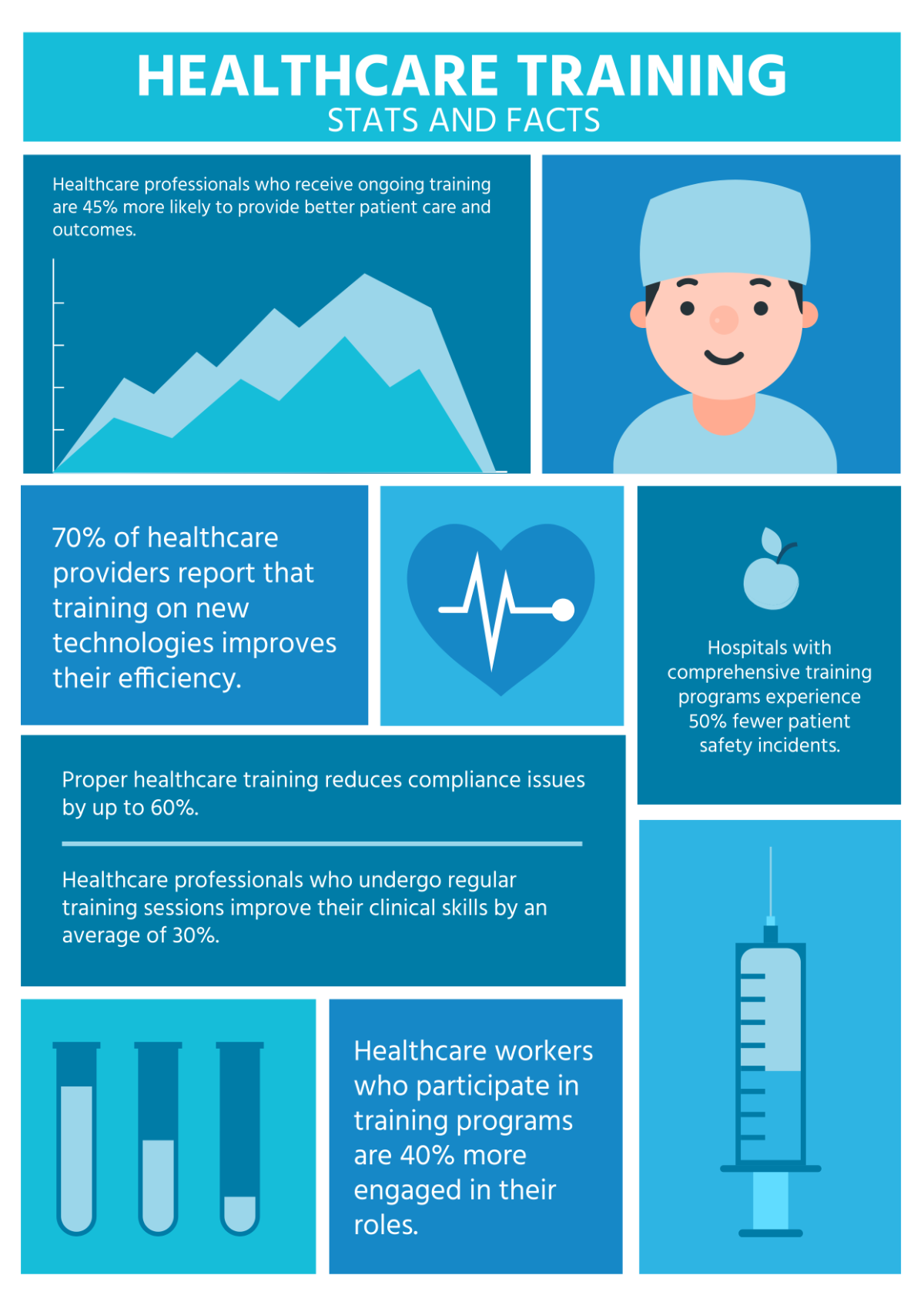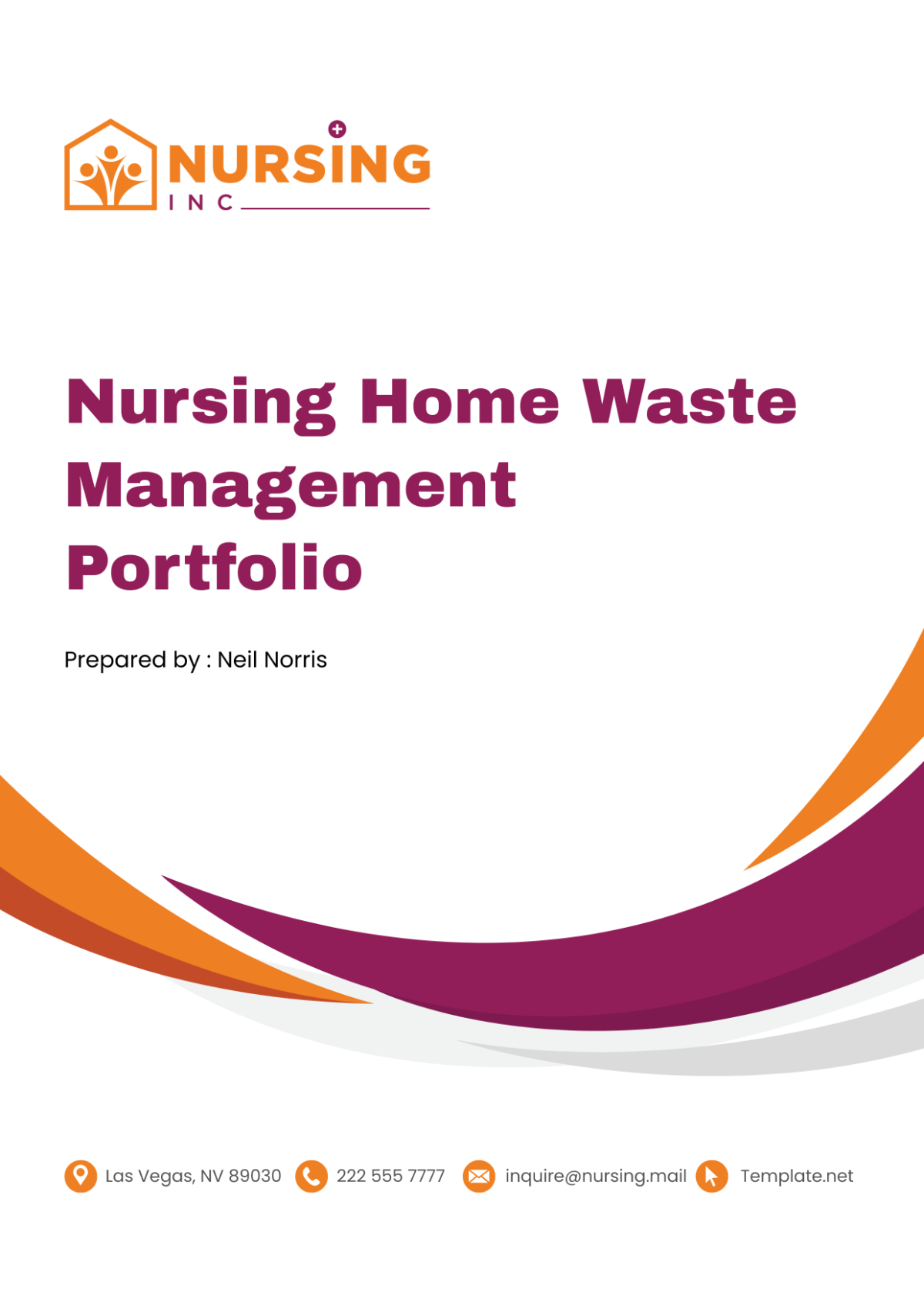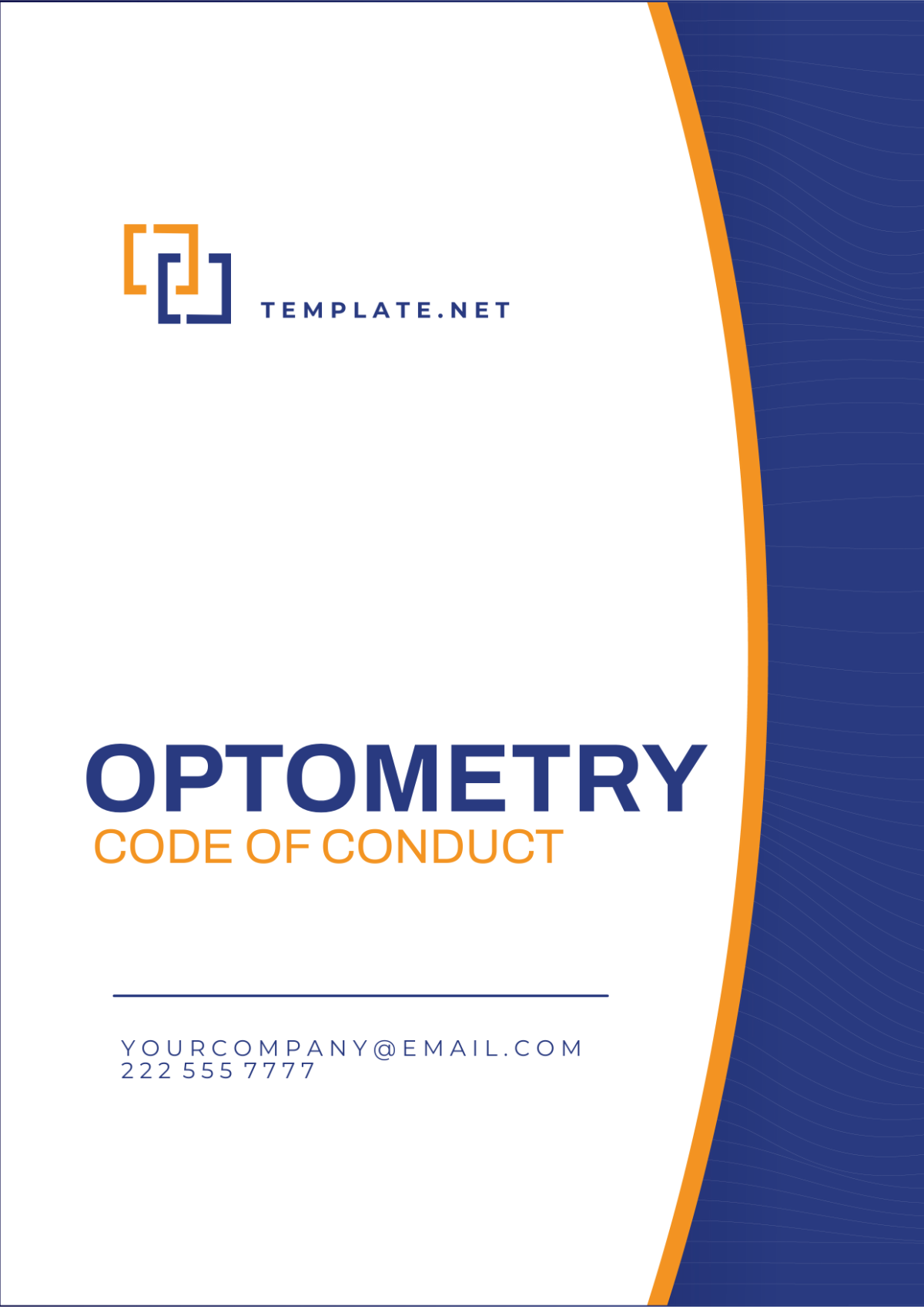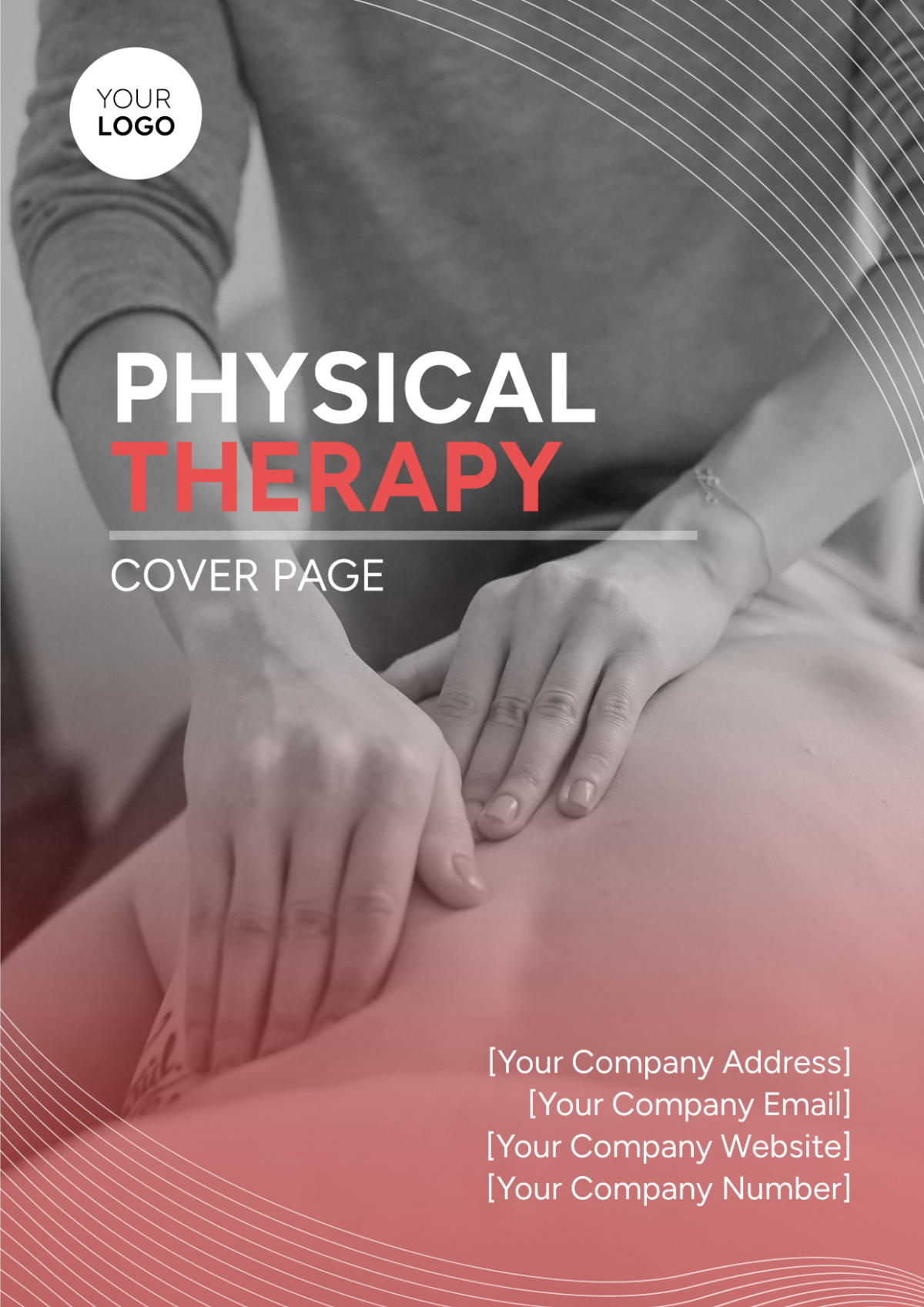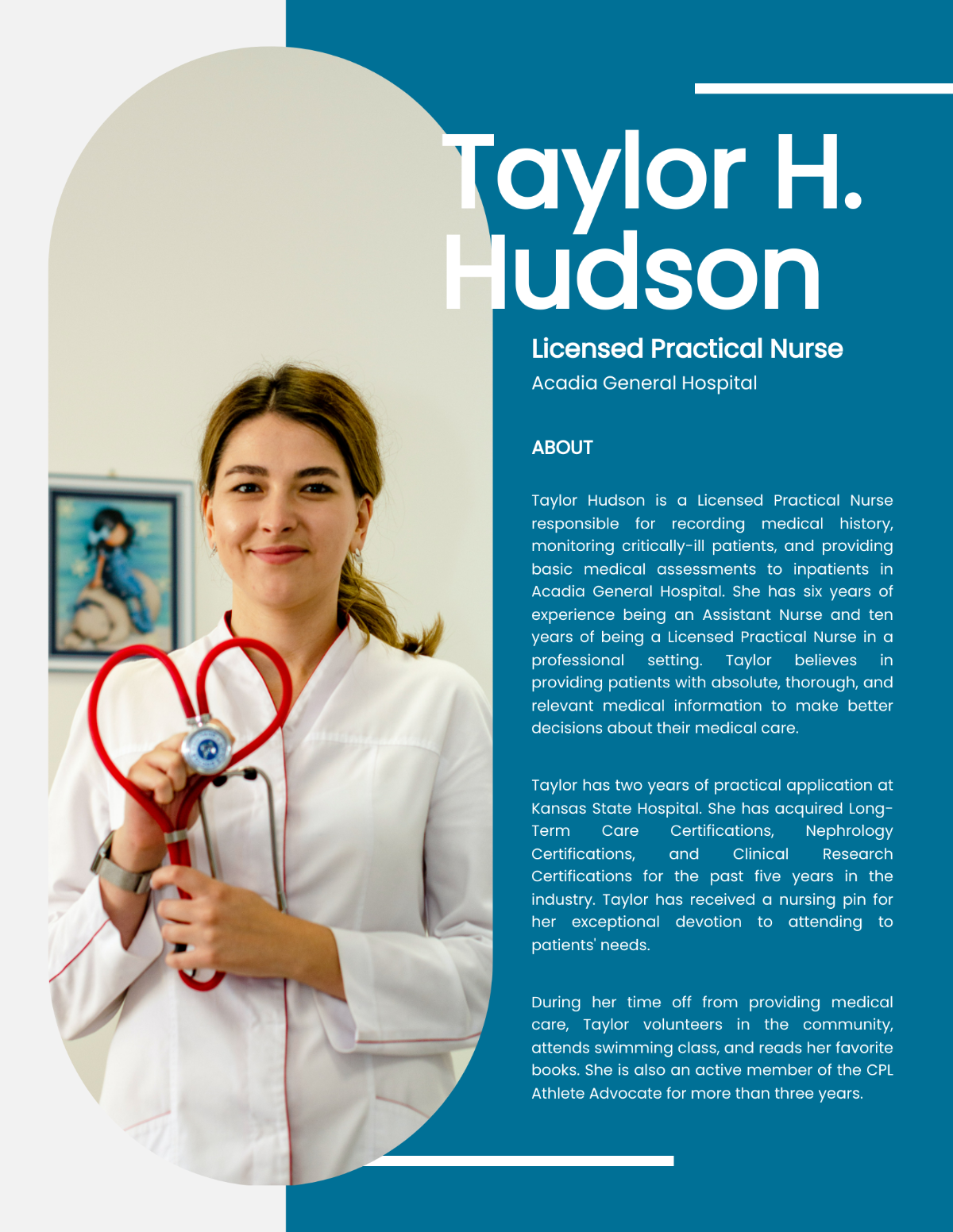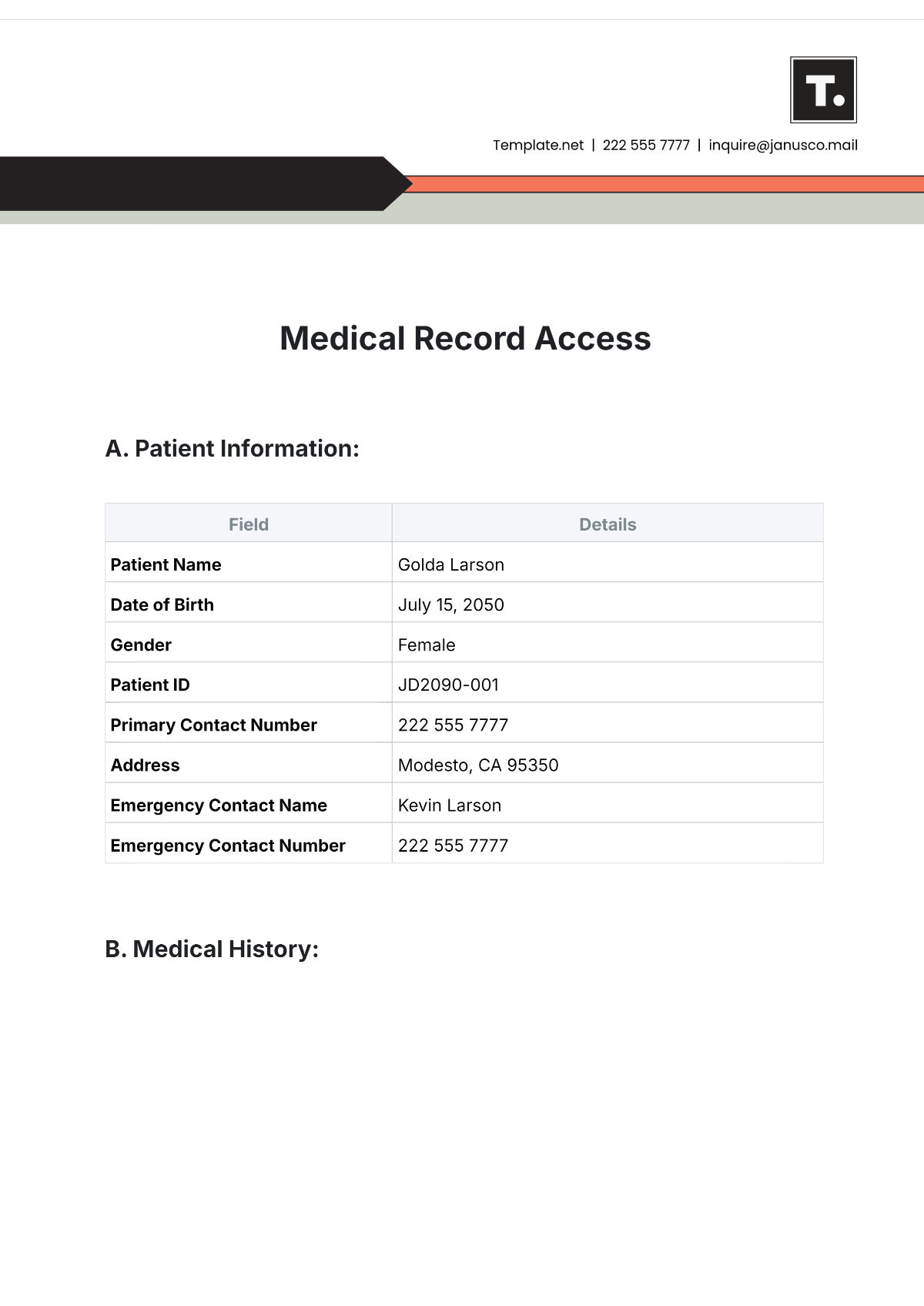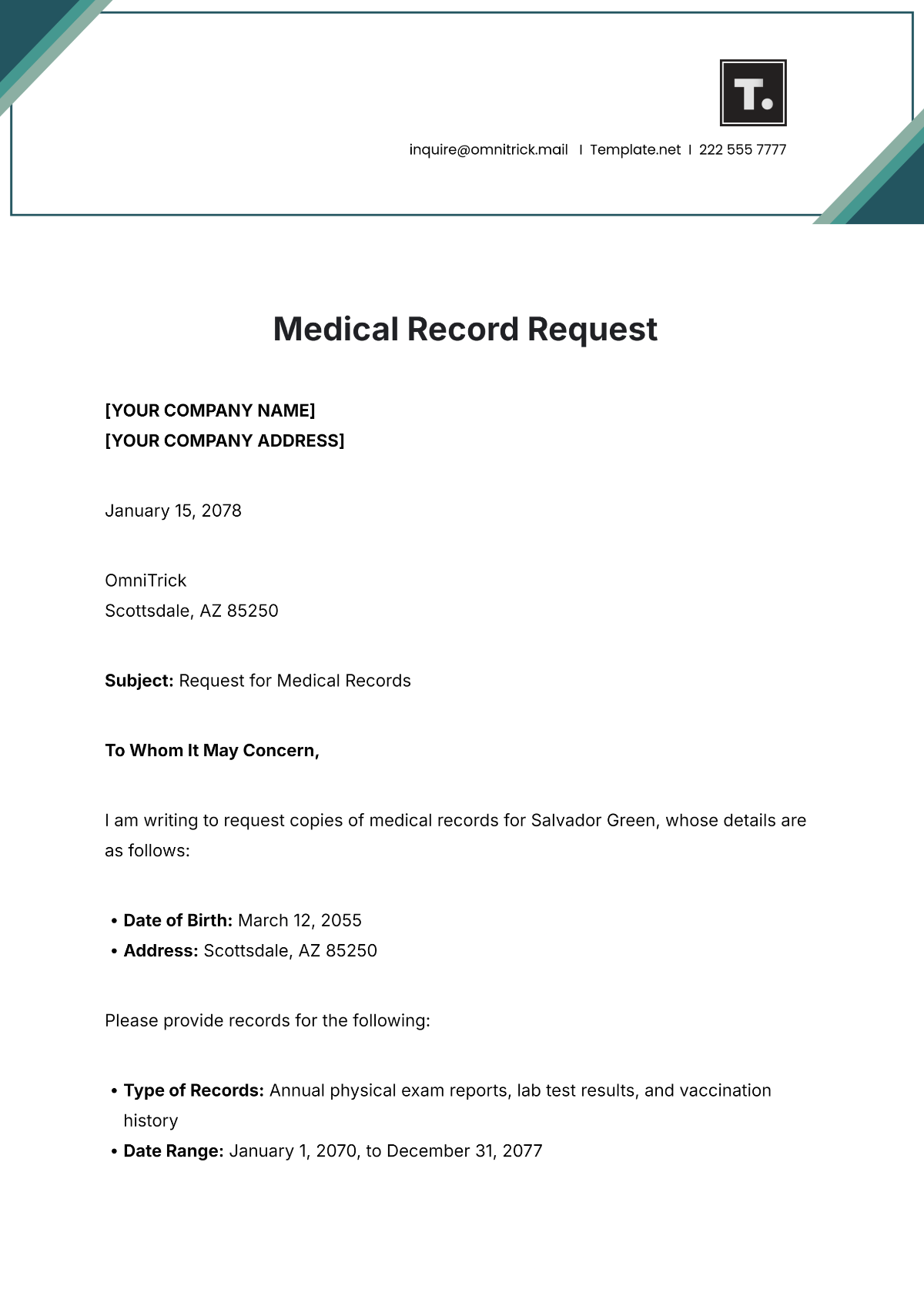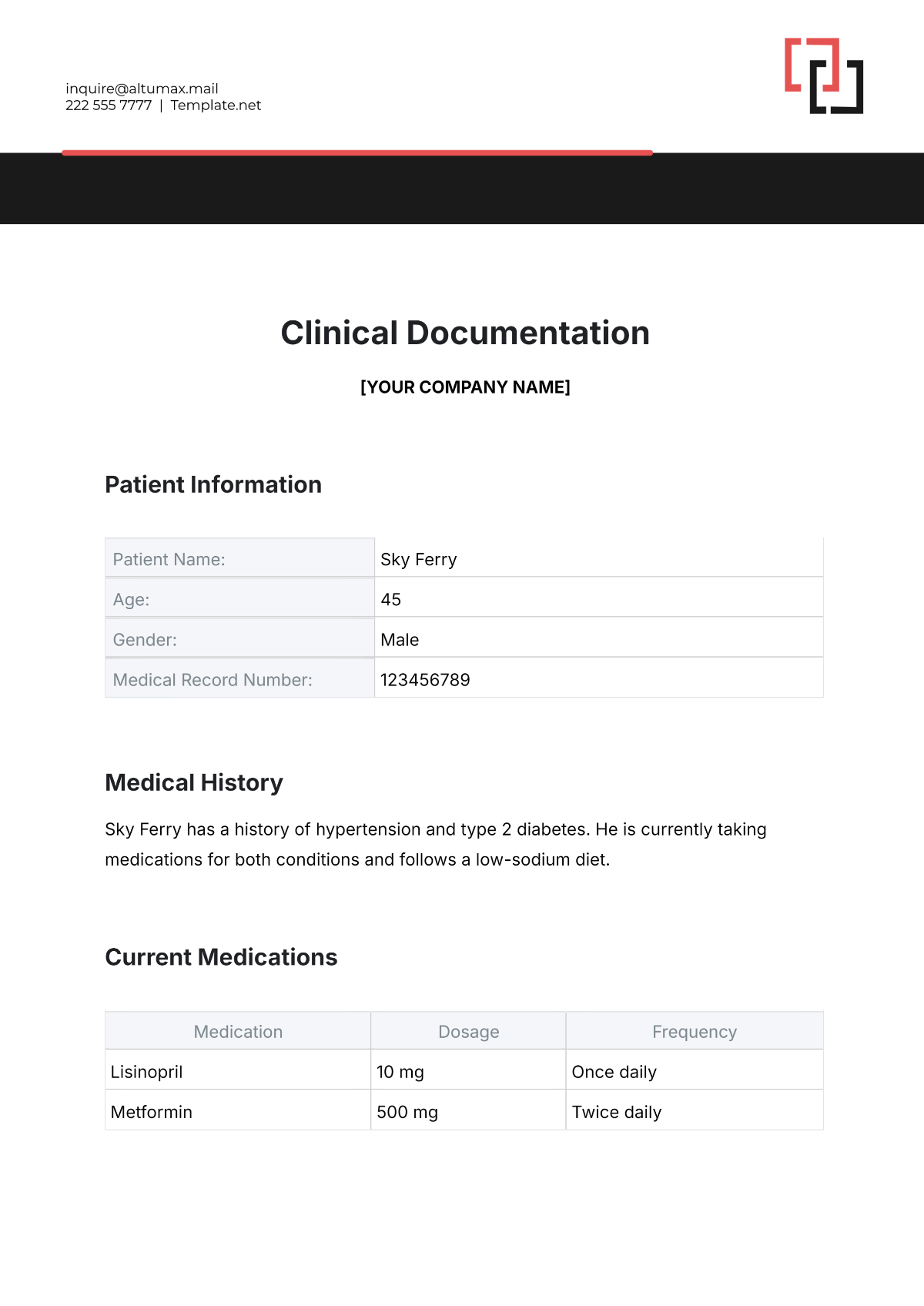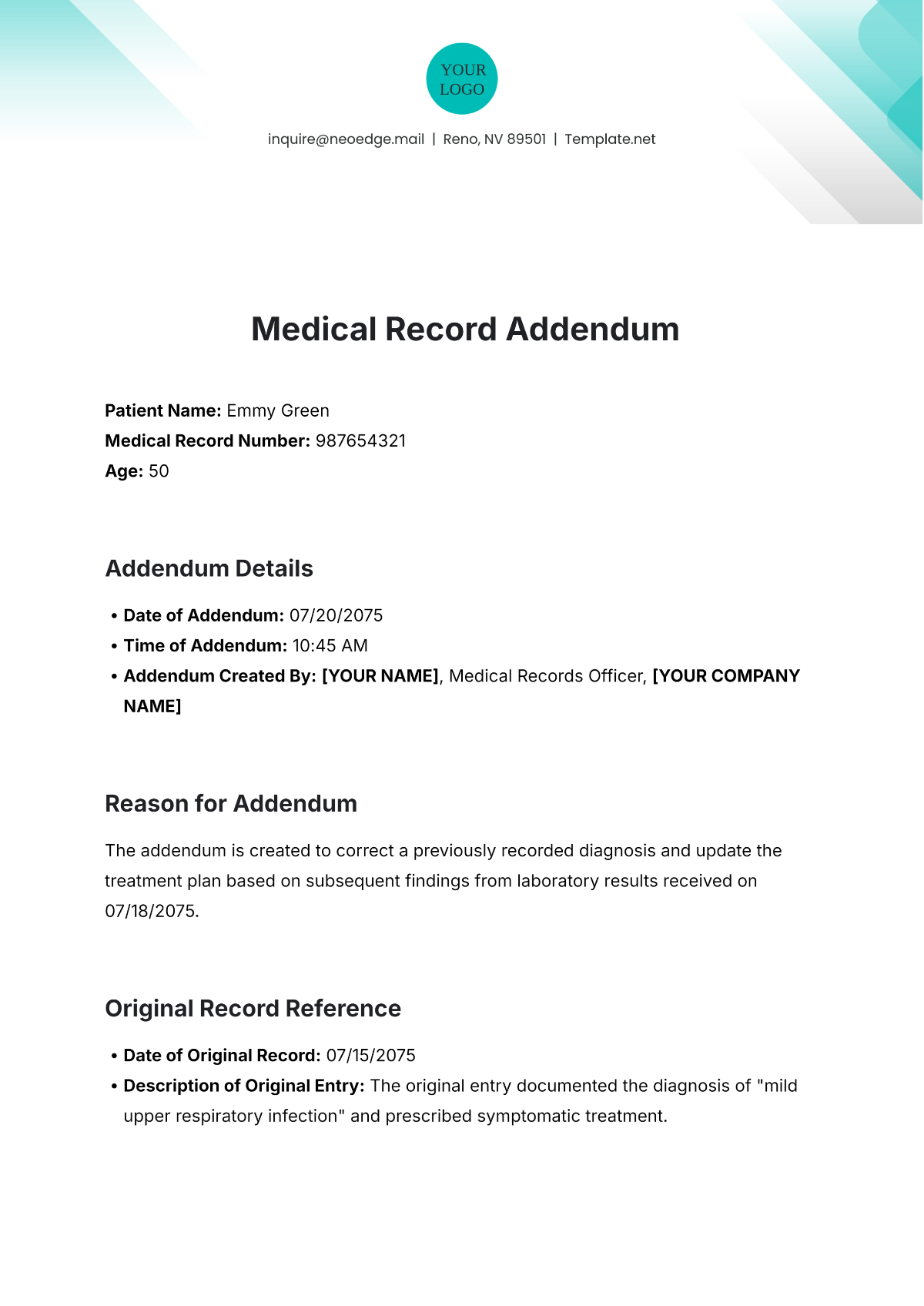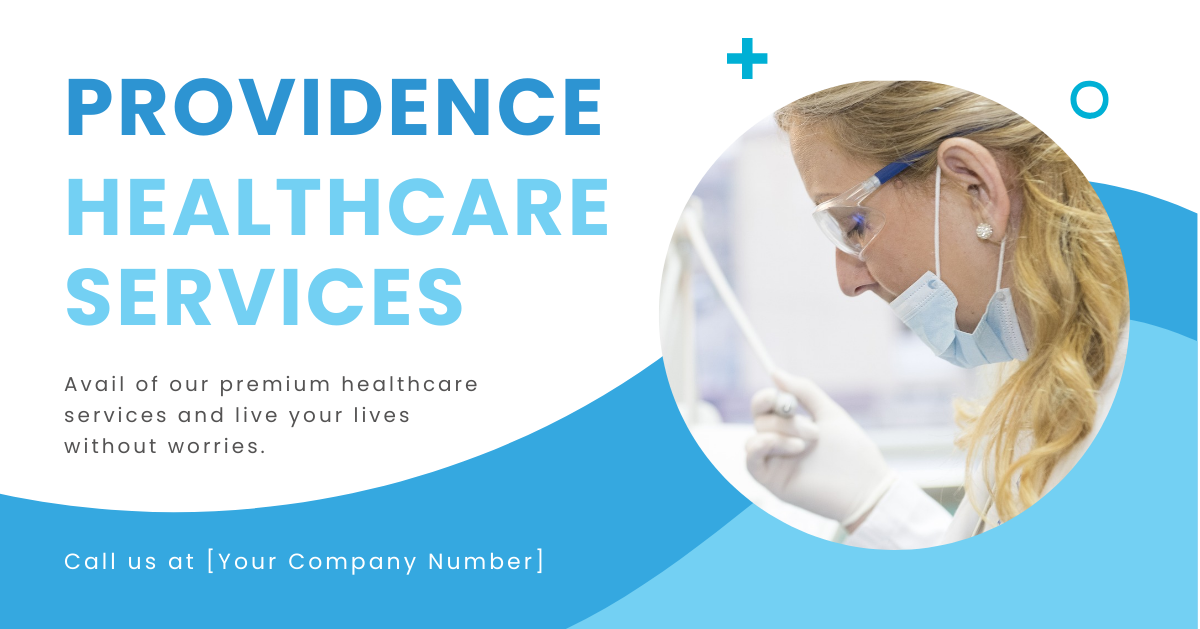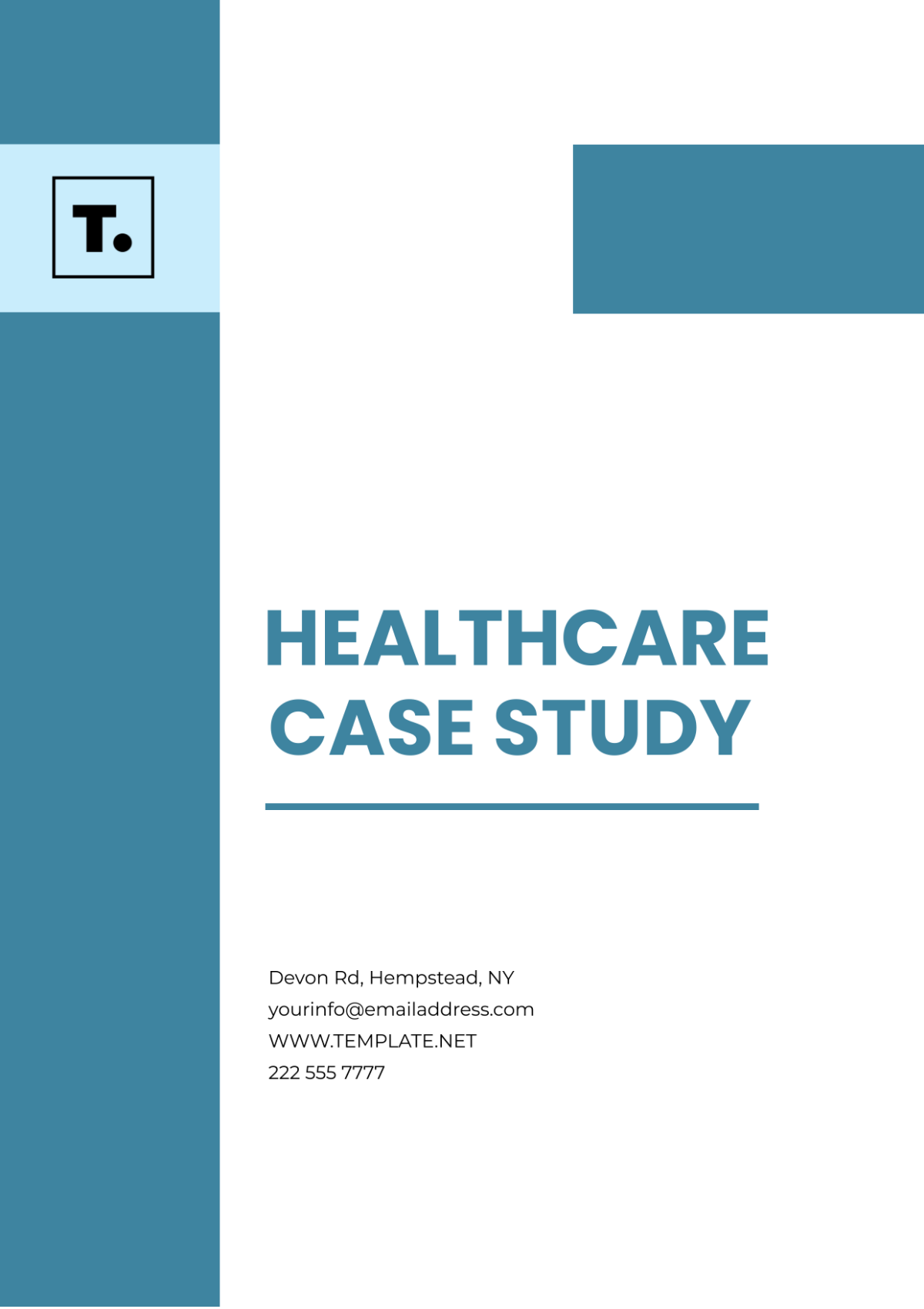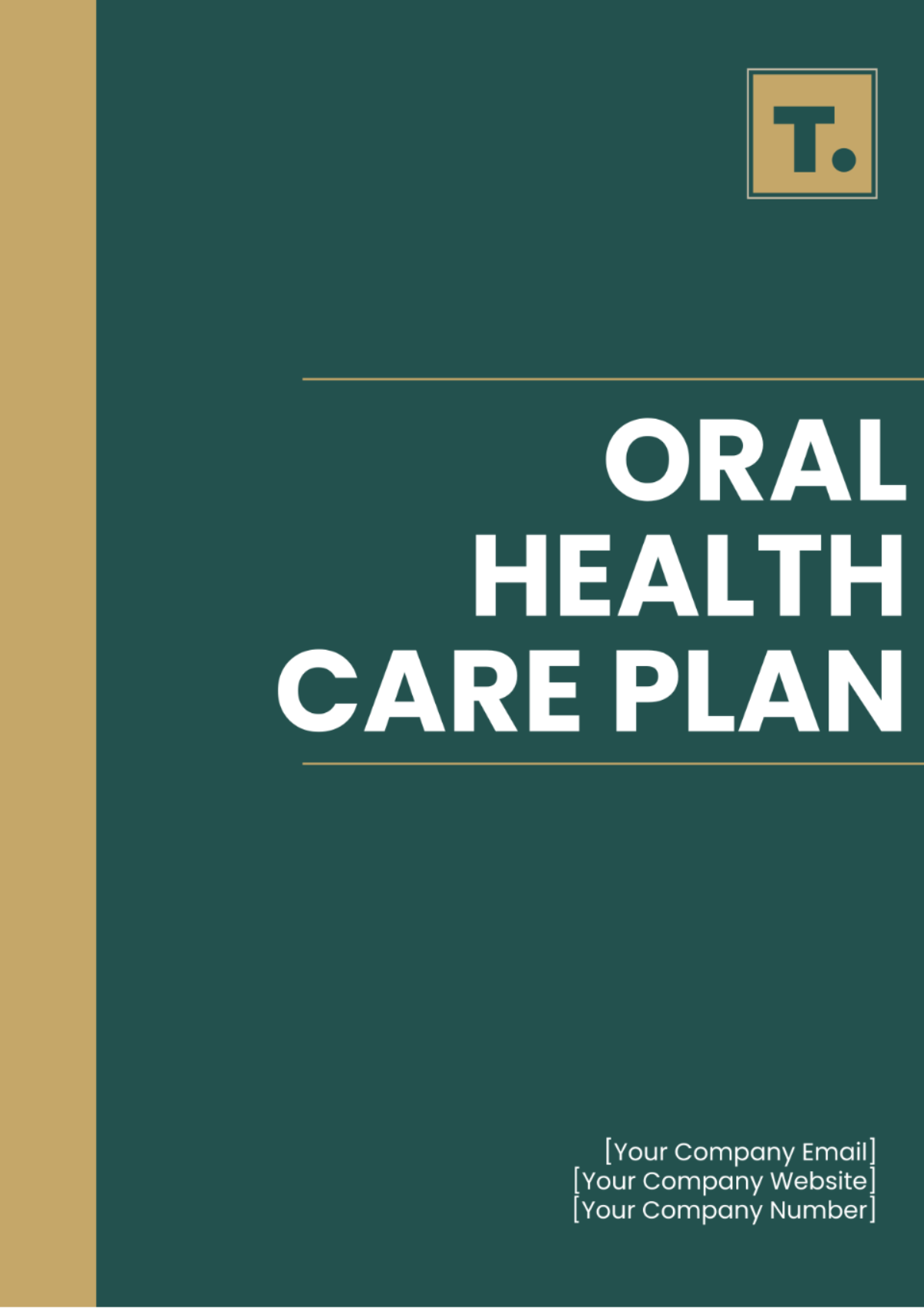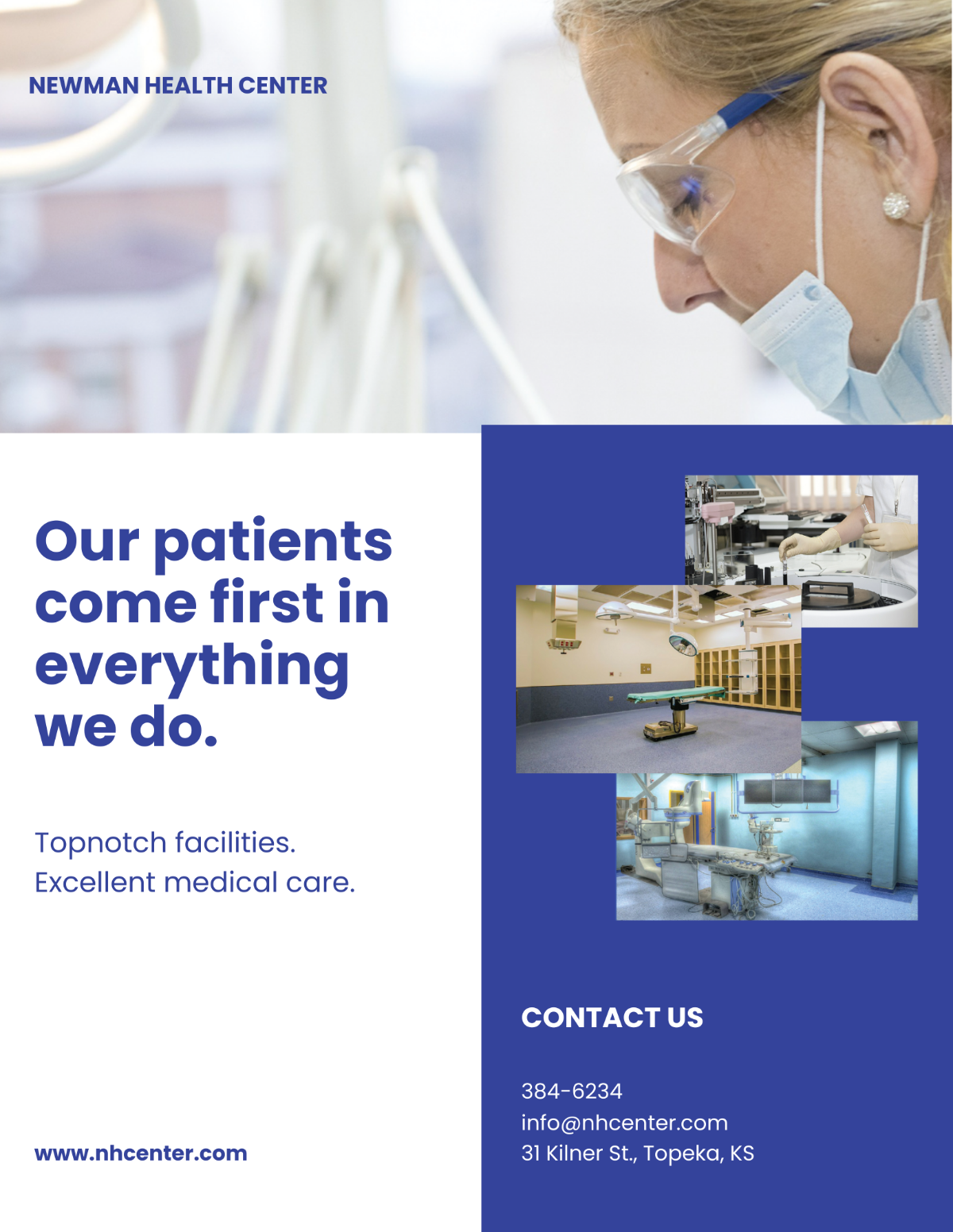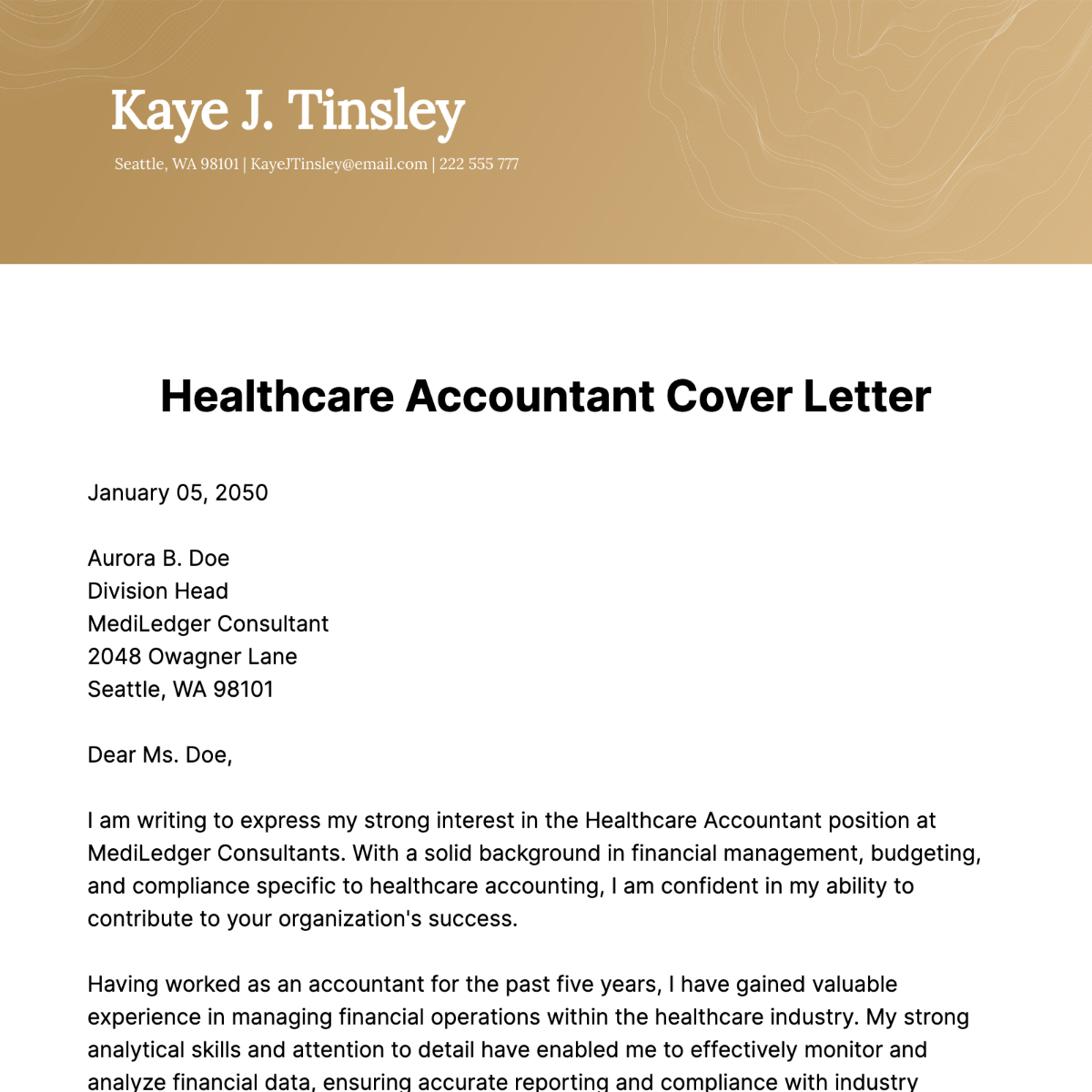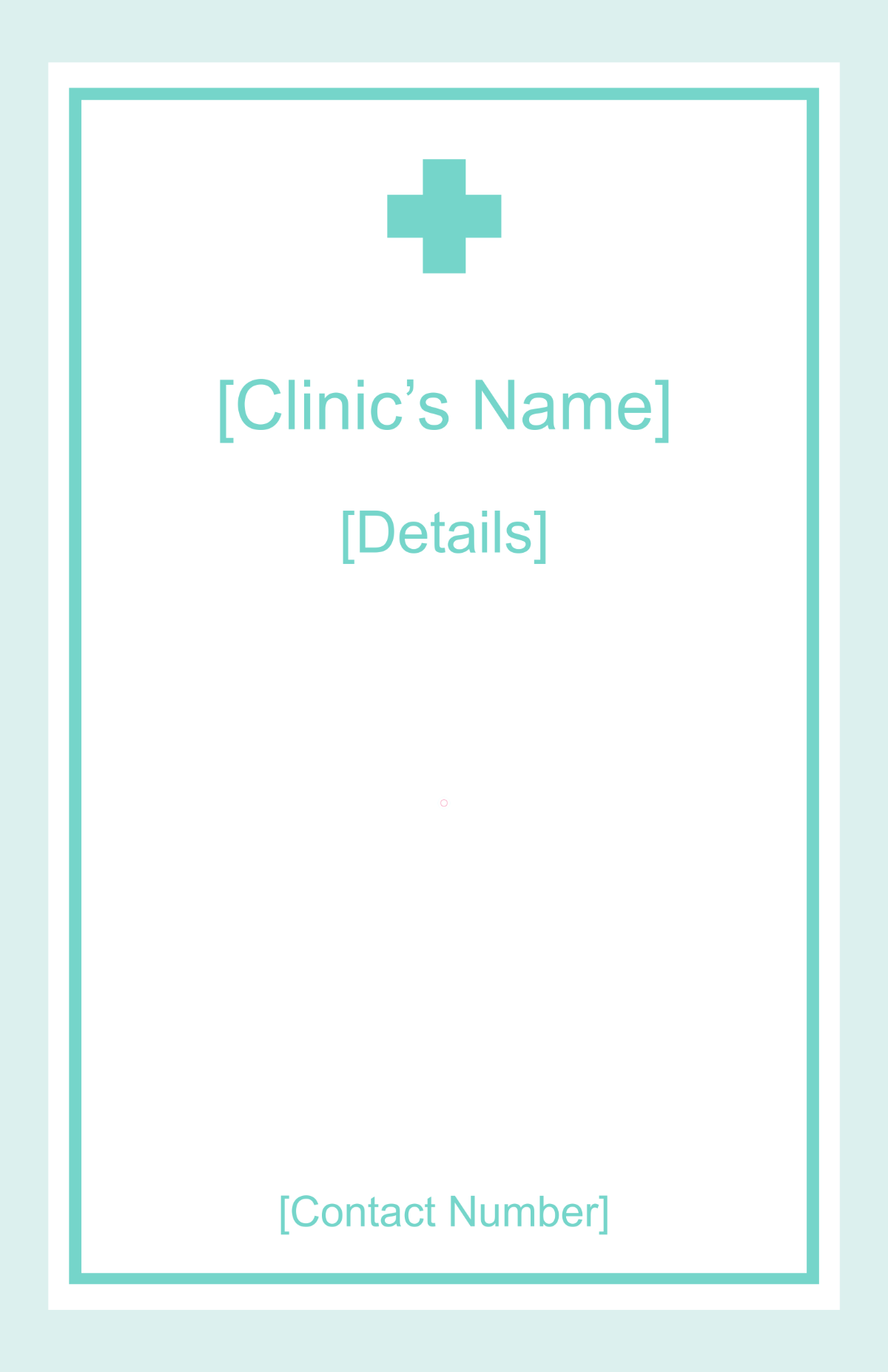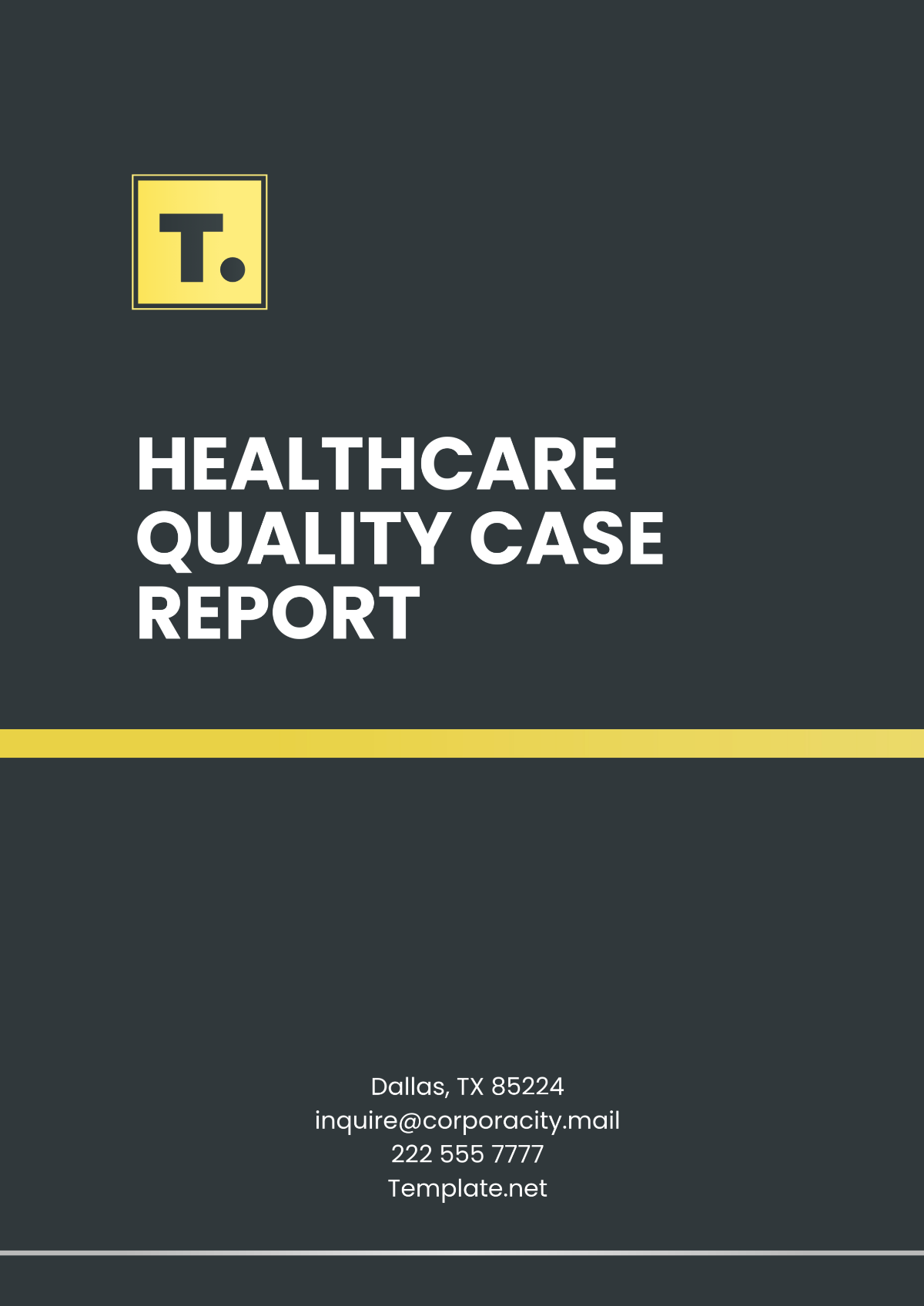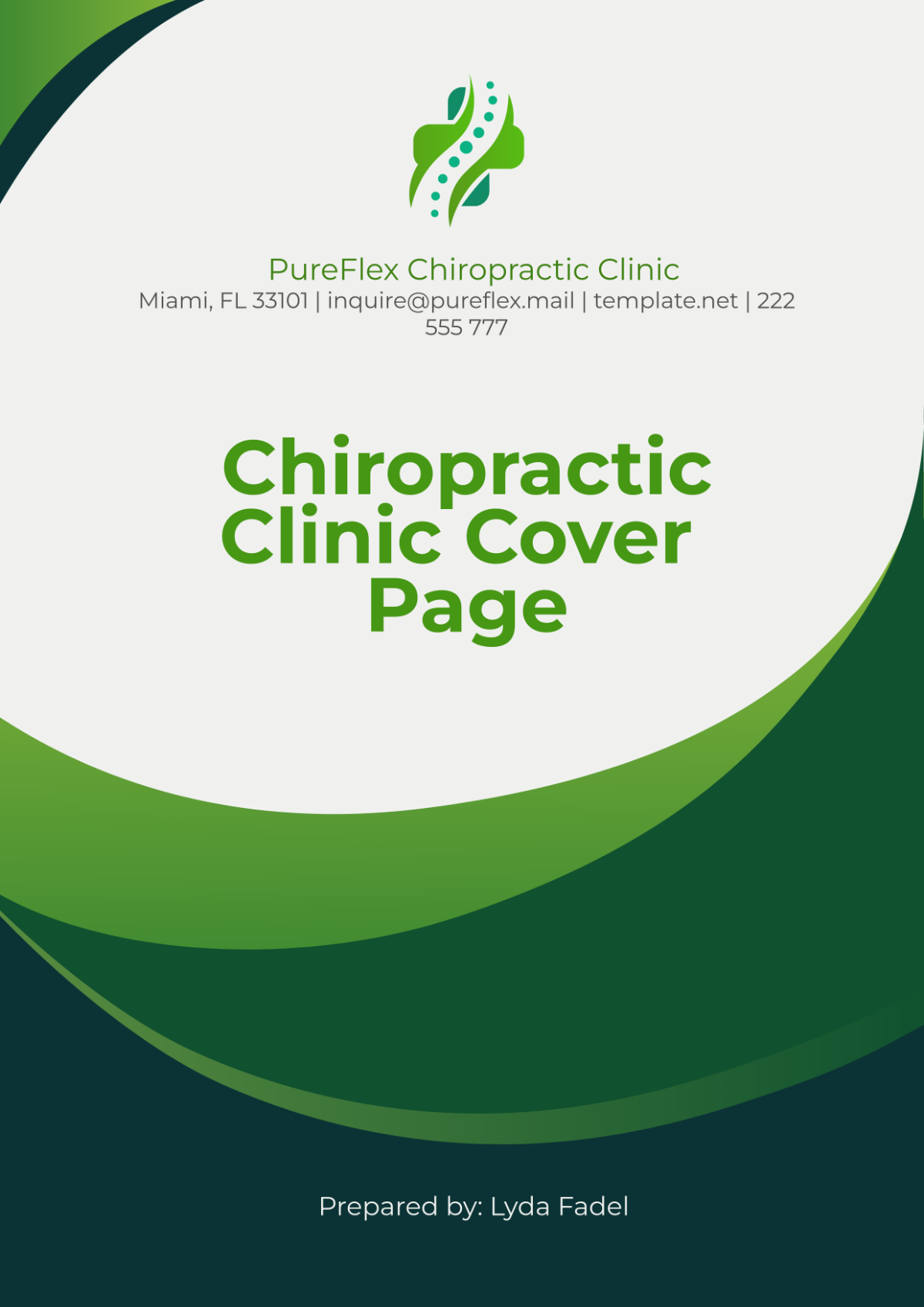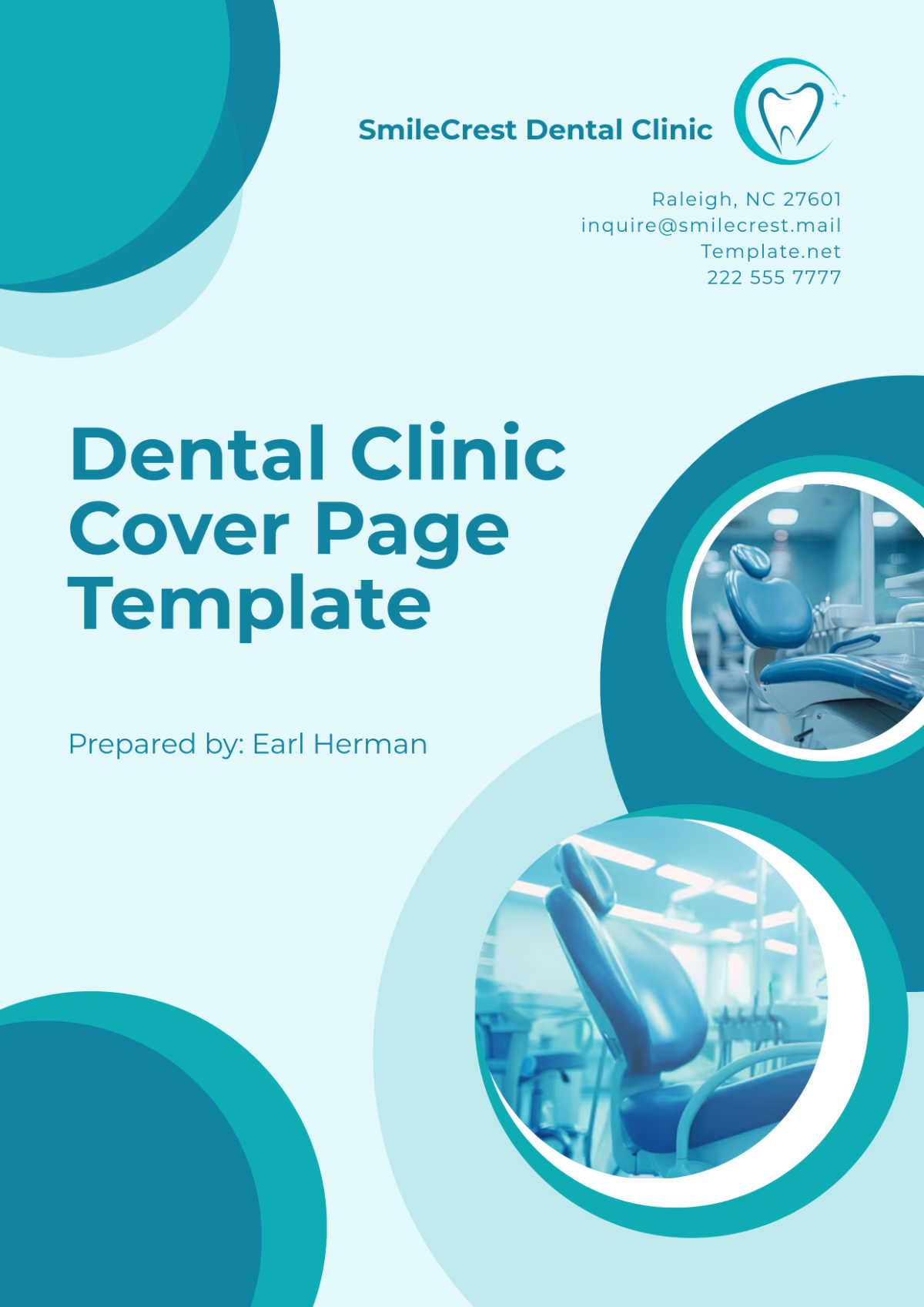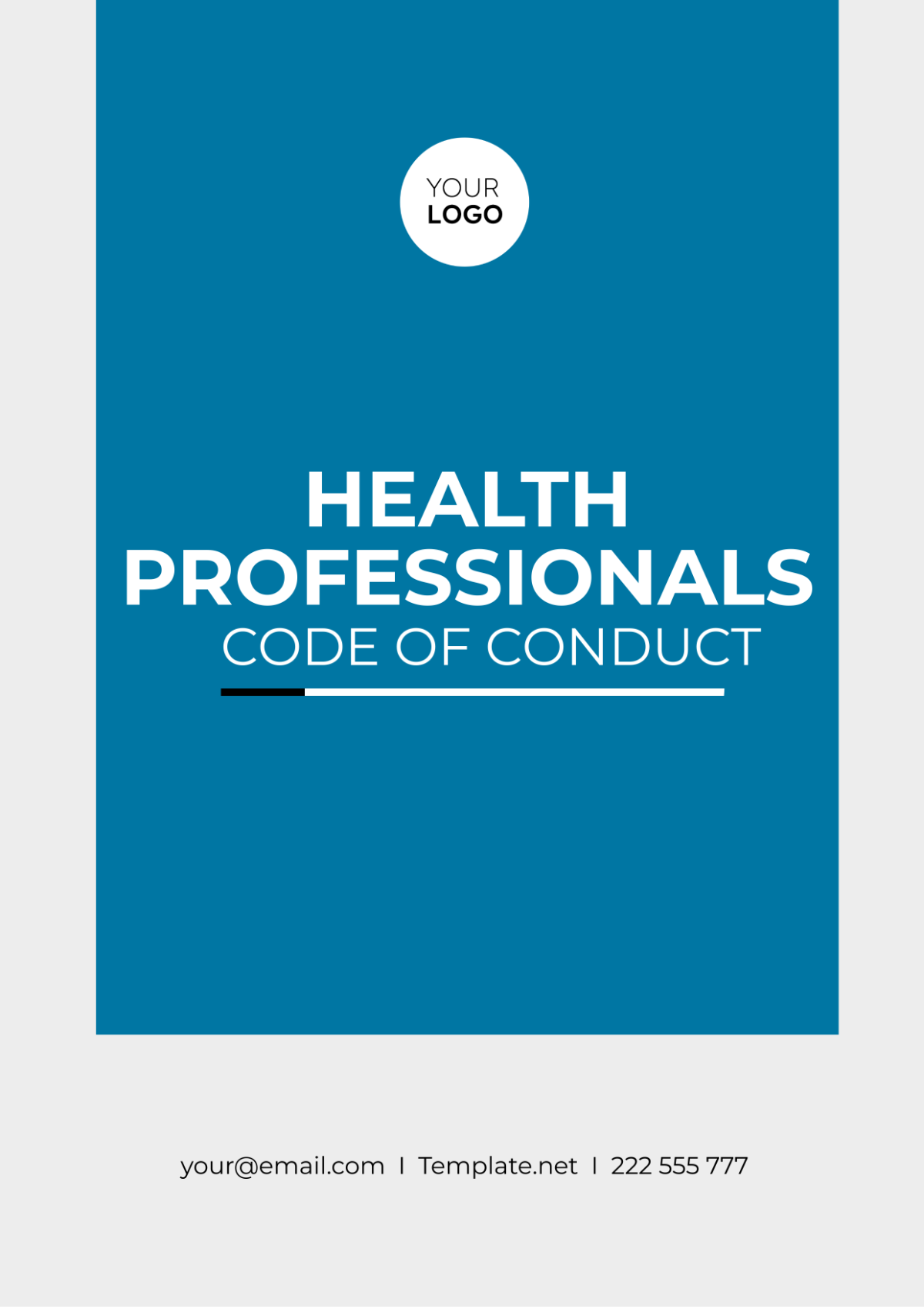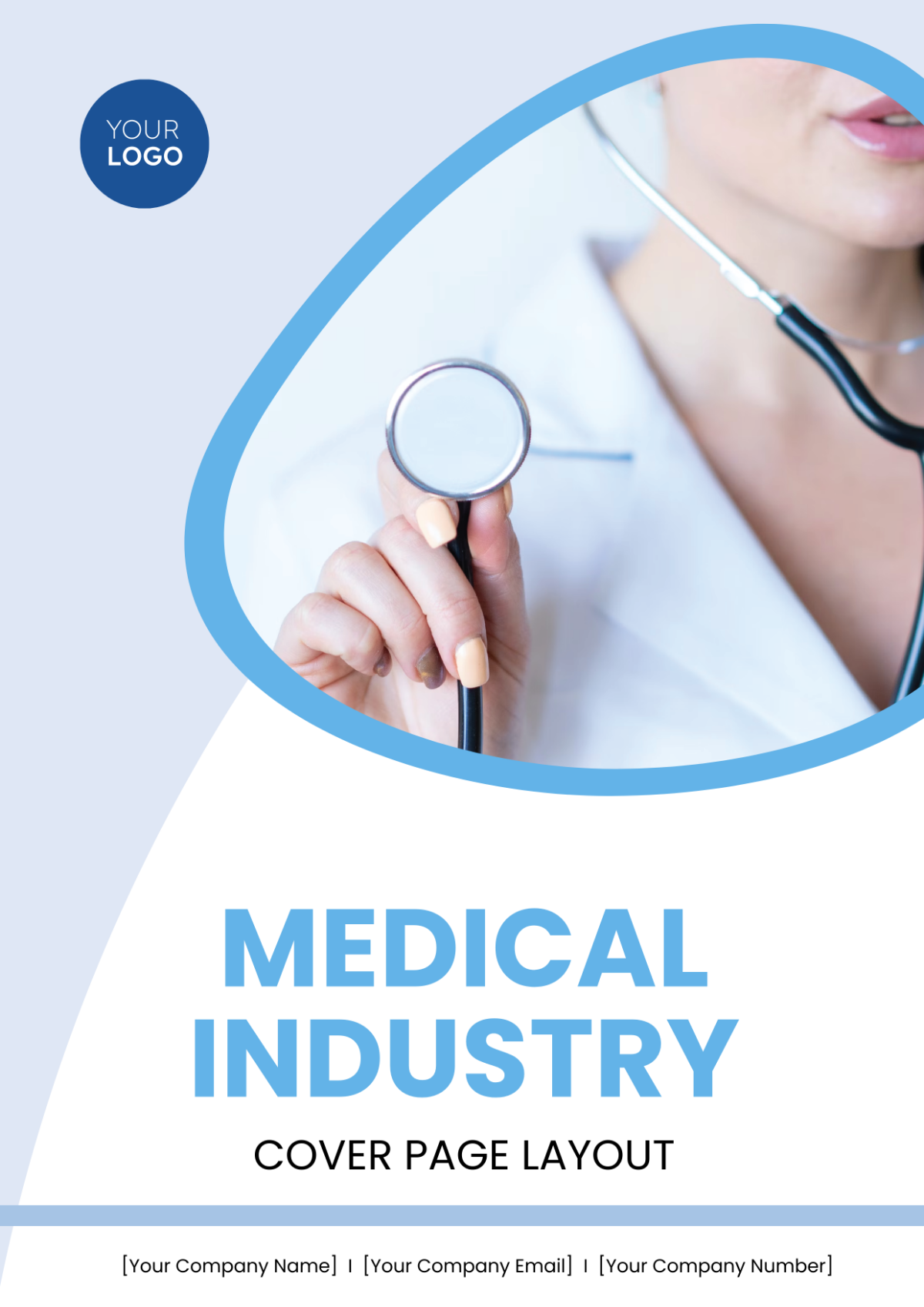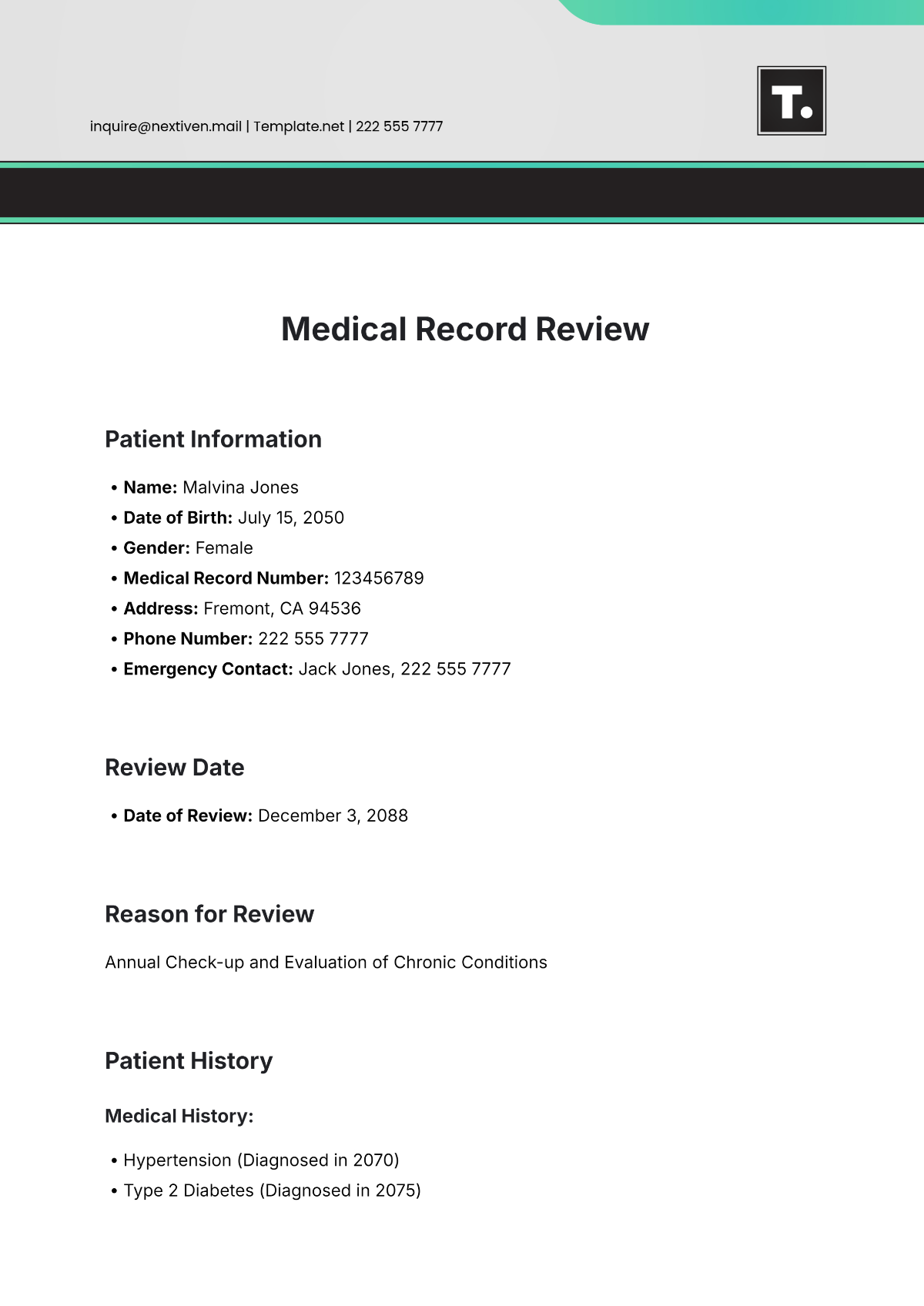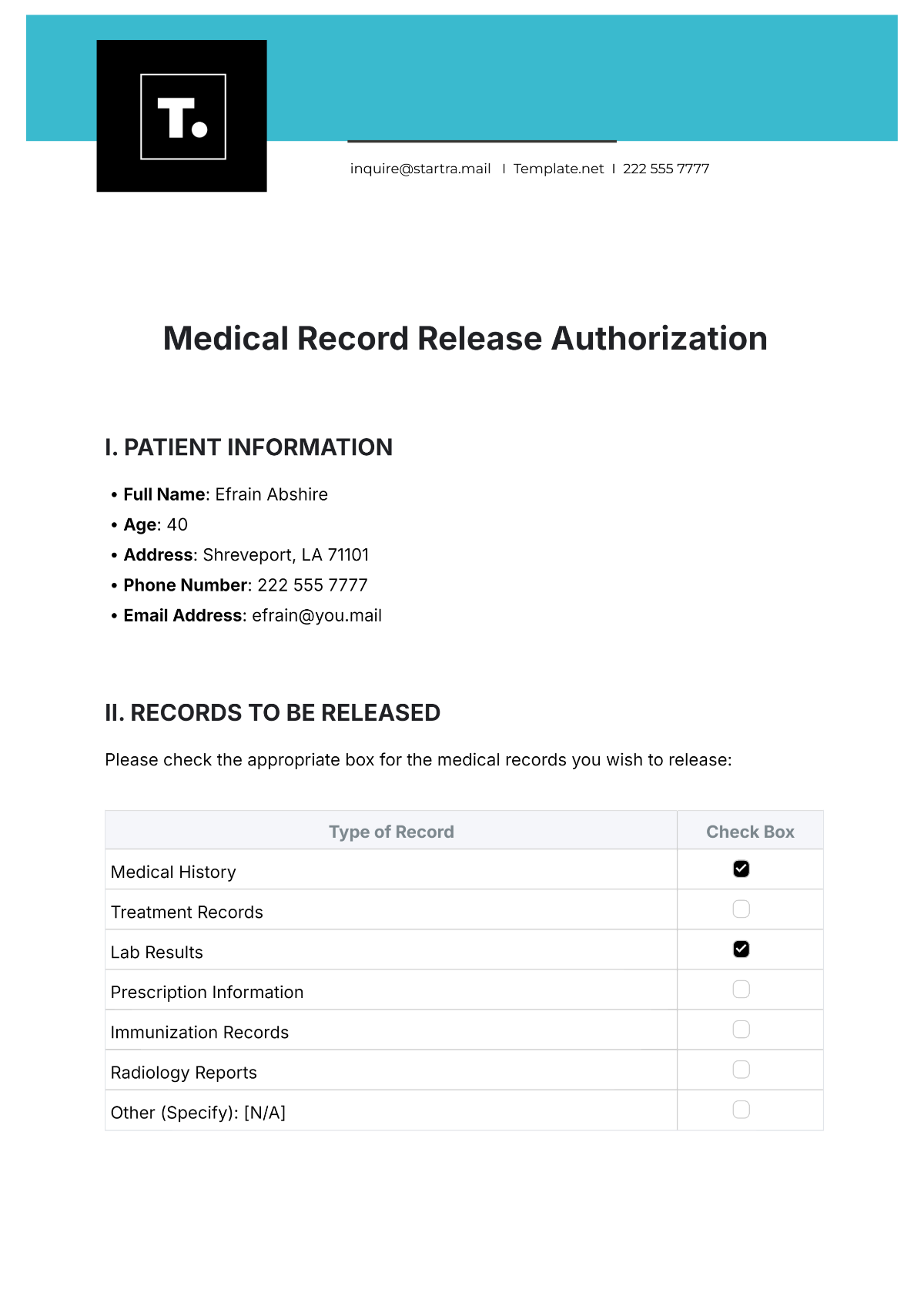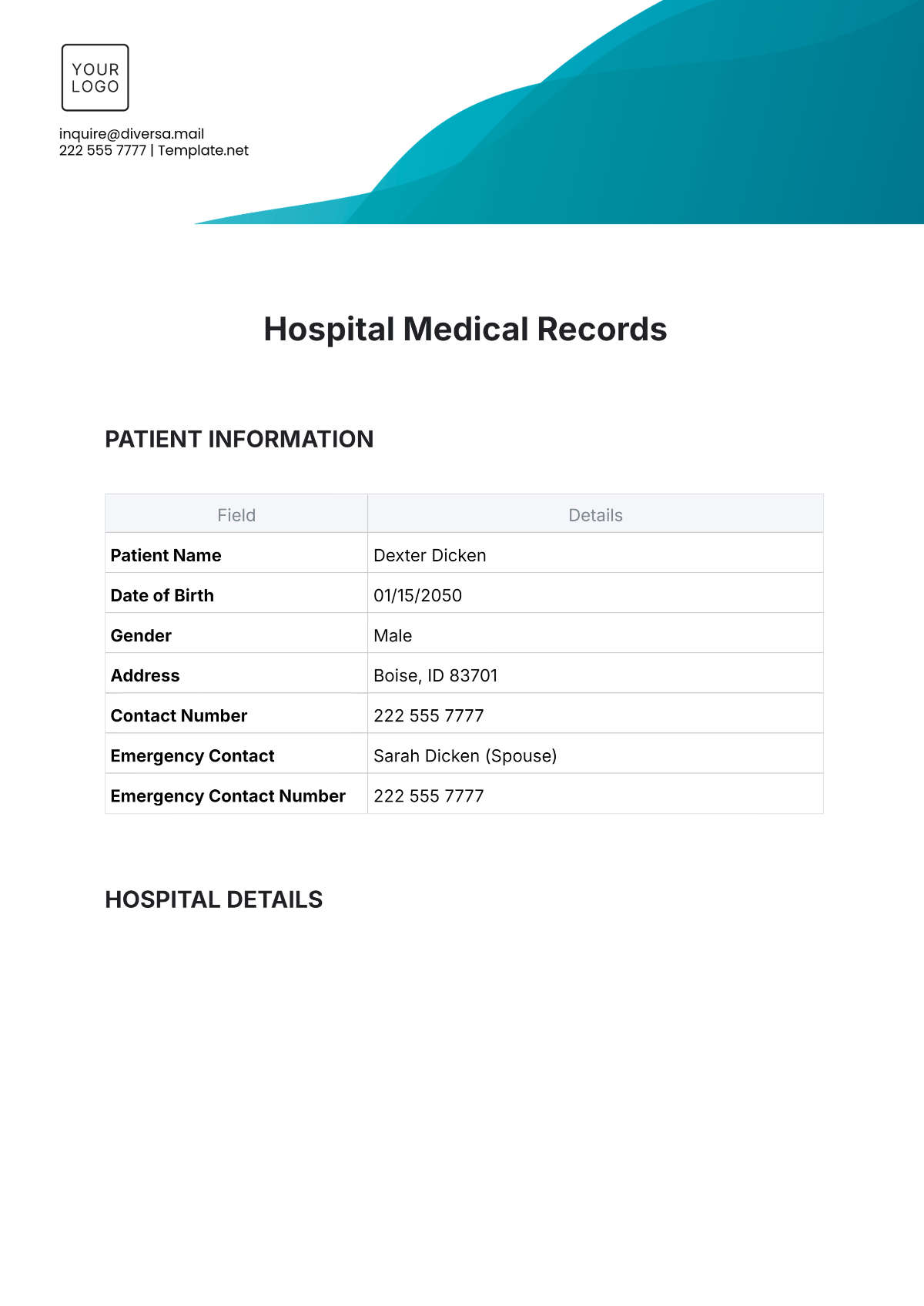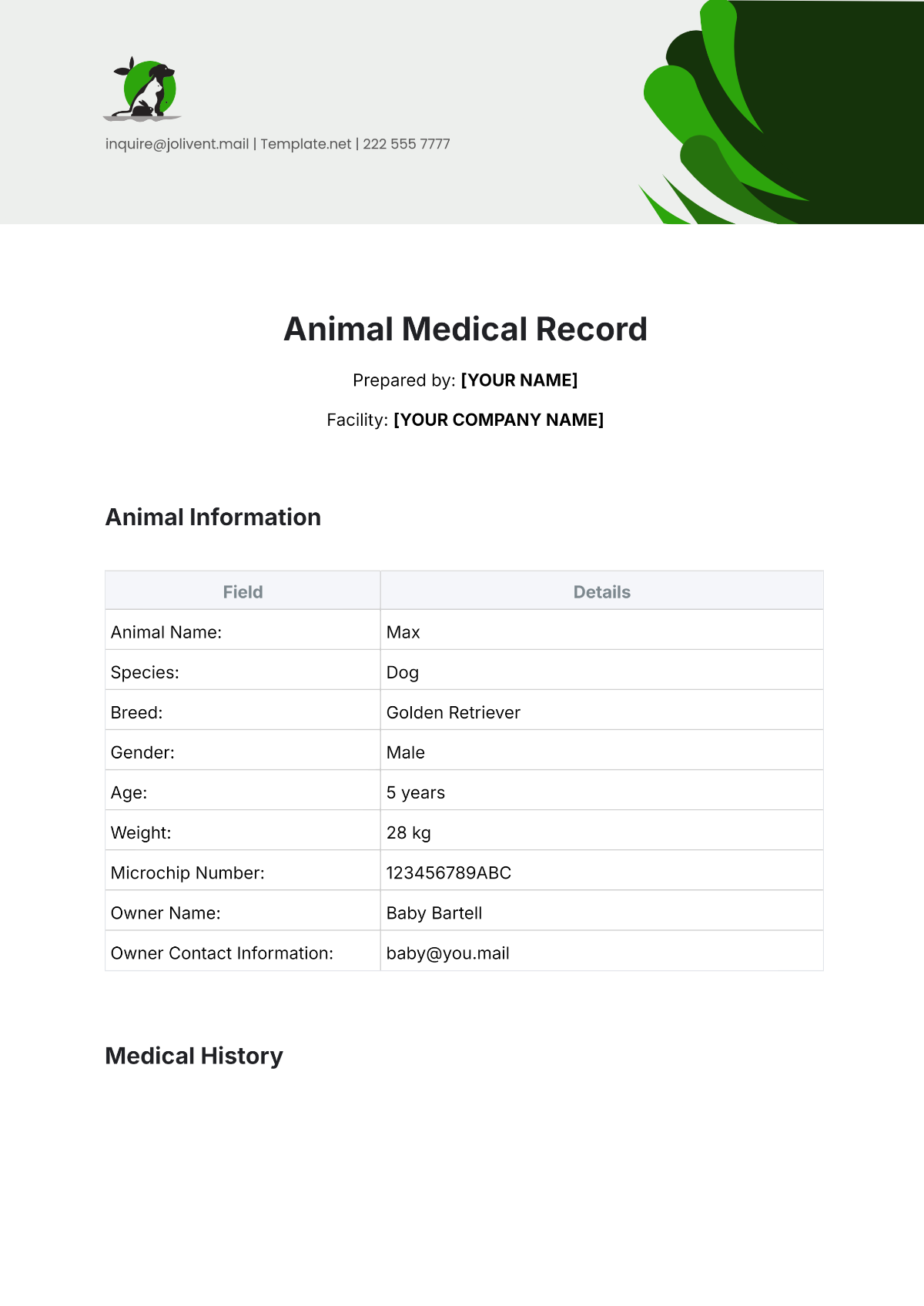Medical Device Product Requirements Document
Company: [YOUR COMPANY NAME]
Address: [YOUR COMPANY ADDRESS]
I. Introduction
a. Purpose:
This document outlines the requirements for the development of a Heart Monitoring Medical Device.
b. Scope:
The requirements specified in this document apply to the development team responsible for designing and developing the Heart Monitoring Medical Device.
c. Audience:
This document is intended for use by the development team, including engineers, designers, and other stakeholders involved in the project.
II. Product Overview
a. Description:
The Heart Monitoring Medical Device is a portable device designed to monitor and record a patient's heart activity.
b. Key Features:
Continuous monitoring of heart rate and rhythm.
Real-time data display and recording.
Alarm system for abnormal heart activity detection.
Long battery life for extended monitoring periods.
Compatibility with mobile devices for data transfer and analysis.
III. Functional Requirements
User Requirements: The device should be easy to use for both healthcare professionals and patients.
System Requirements: The device should have a compact design with minimal weight for portability.
Performance Requirements: The device should provide accurate heart rate and rhythm monitoring with a minimal margin of error.
Safety Requirements: The device should have built-in safety features to prevent overheating and electrical hazards.
Reliability Requirements: The device should be reliable under various environmental conditions and usage scenarios.
IV. Design Requirements
Design Constraints: The device design should comply with relevant regulatory standards, such as FDA regulations for medical devices.
Design Specifications: The device should be designed with durable materials that can withstand daily use and potential impacts.
V. Regulatory Requirements
Regulatory Standards: The device should comply with FDA regulations for medical devices, including standards for safety and performance.
Compliance Plan: A plan should be in place to ensure that the device meets all regulatory requirements before market release.
VI. Testing Requirements
Test Plan: A comprehensive test plan should be developed to validate the device's performance and safety.
Verification and Validation: The device should undergo rigorous verification and validation testing to ensure it meets all specified requirements.
VII. Documentation Requirements
User Manuals: The device should come with user manuals that provide clear instructions for use and maintenance.
Labeling Requirements: The device labeling should comply with regulatory requirements and provide essential information about the device.
VIII. Project Timeline
a. Development Phases:
Design Phase (Month 1-2): Develop initial design concepts and select components.
Prototyping Phase (Month 3-4): Build and test prototypes for functionality and performance.
Testing Phase (Month 5-6): Conduct thorough testing to ensure accuracy and reliability.
Production Phase (Month 7-8): Prepare for mass production and quality control.
b. Milestones:
Design Approval (End of Month 2): Finalize design concept and component selection.
Prototype Testing Complete (End of Month 4): Verify prototype functionality and performance.
Regulatory Approval (End of Month 6): Obtain FDA approval for the device.
Production Ready (End of Month 8): Begin mass production of the device.
IX. Budget
This is the estimated development costs for the Heart Monitoring Medical Device:
Design and Development: $100,000
Prototyping: $50,000
Testing: $30,000
Regulatory Compliance: $20,000
Total: $200,000
X. Approval
Prepared and approved by:

[YOUR NAME]
Senior Product Manager
XI. Appendices
Reference materials on heart monitoring technologies.
Contact information for regulatory authorities.
Design specifications and schematics for the device.
